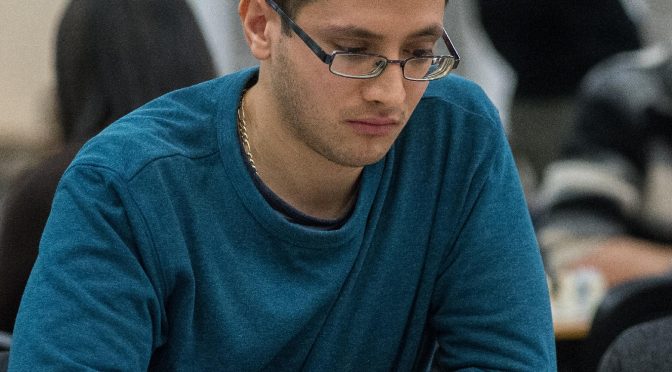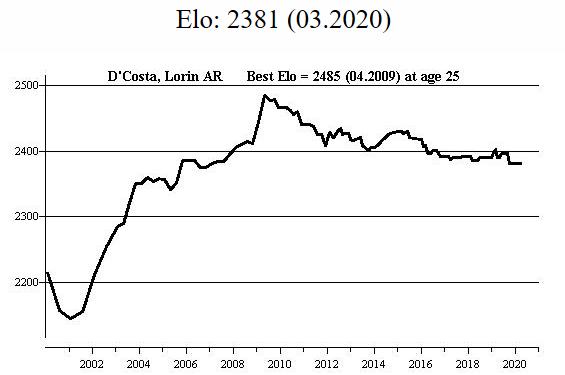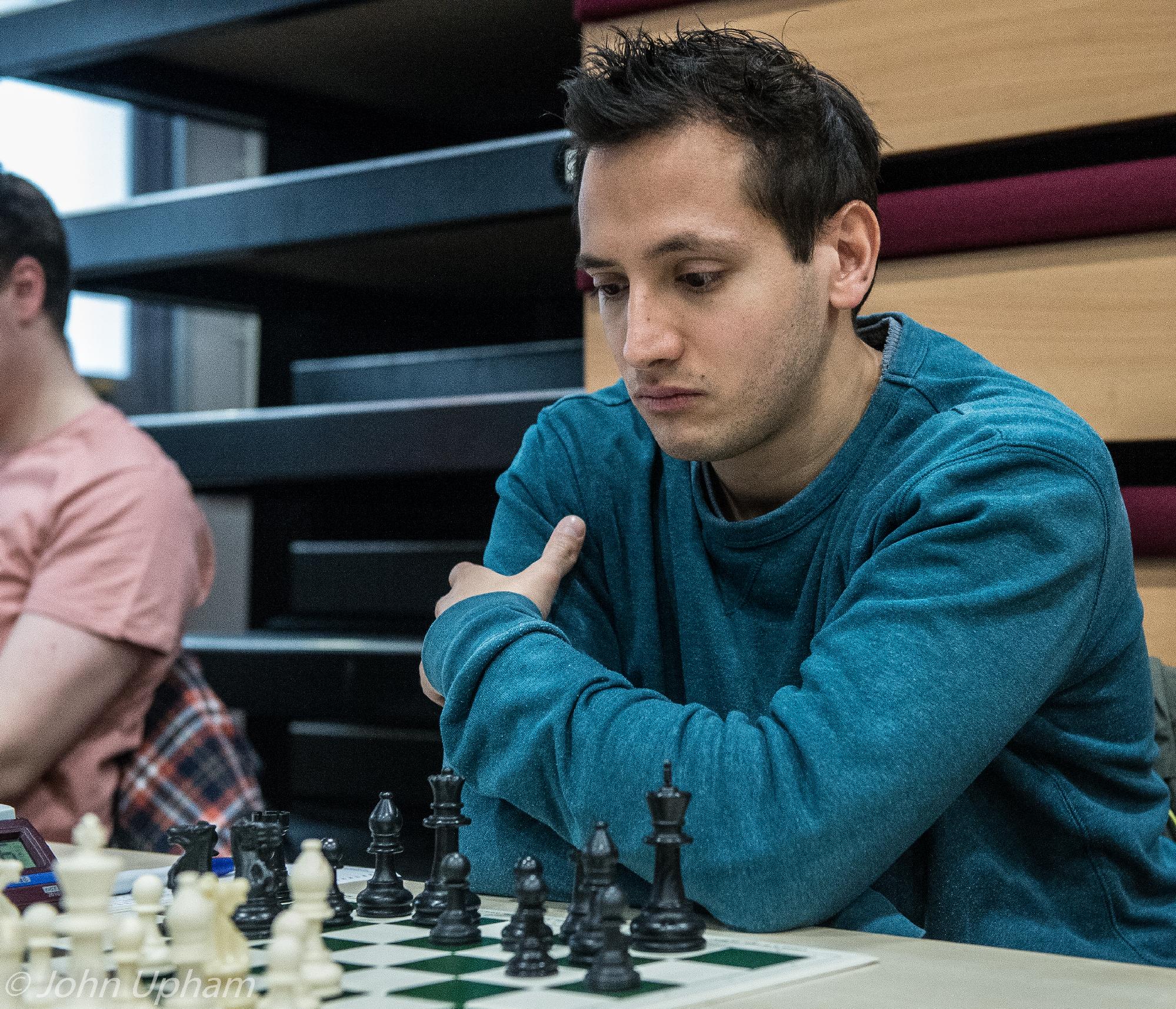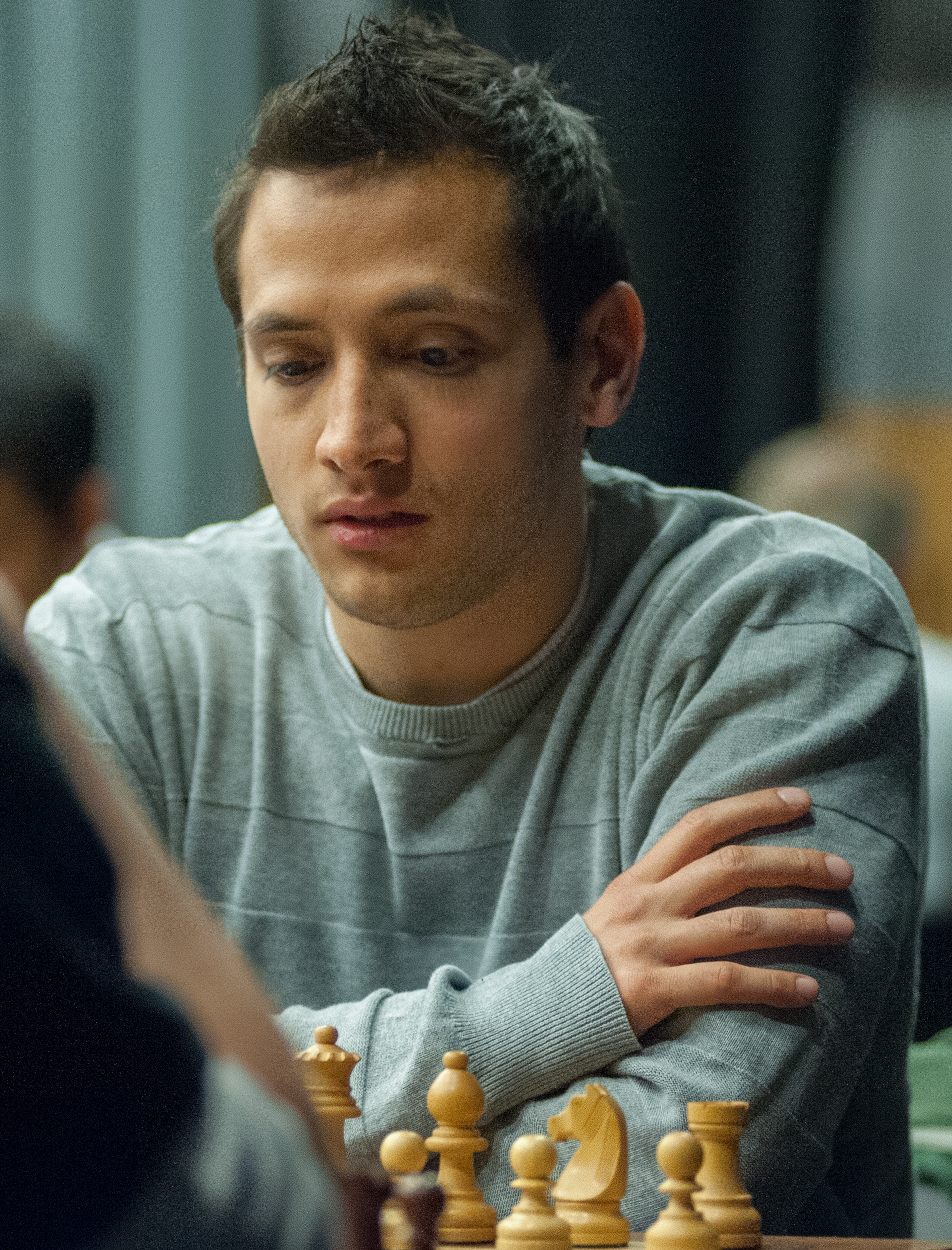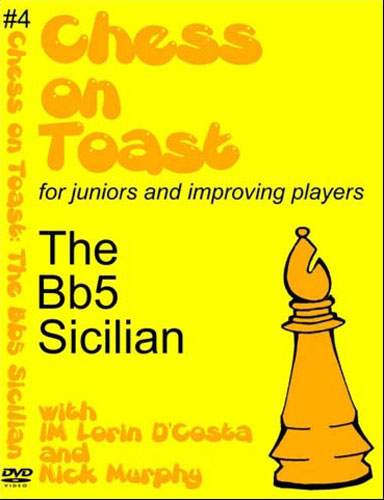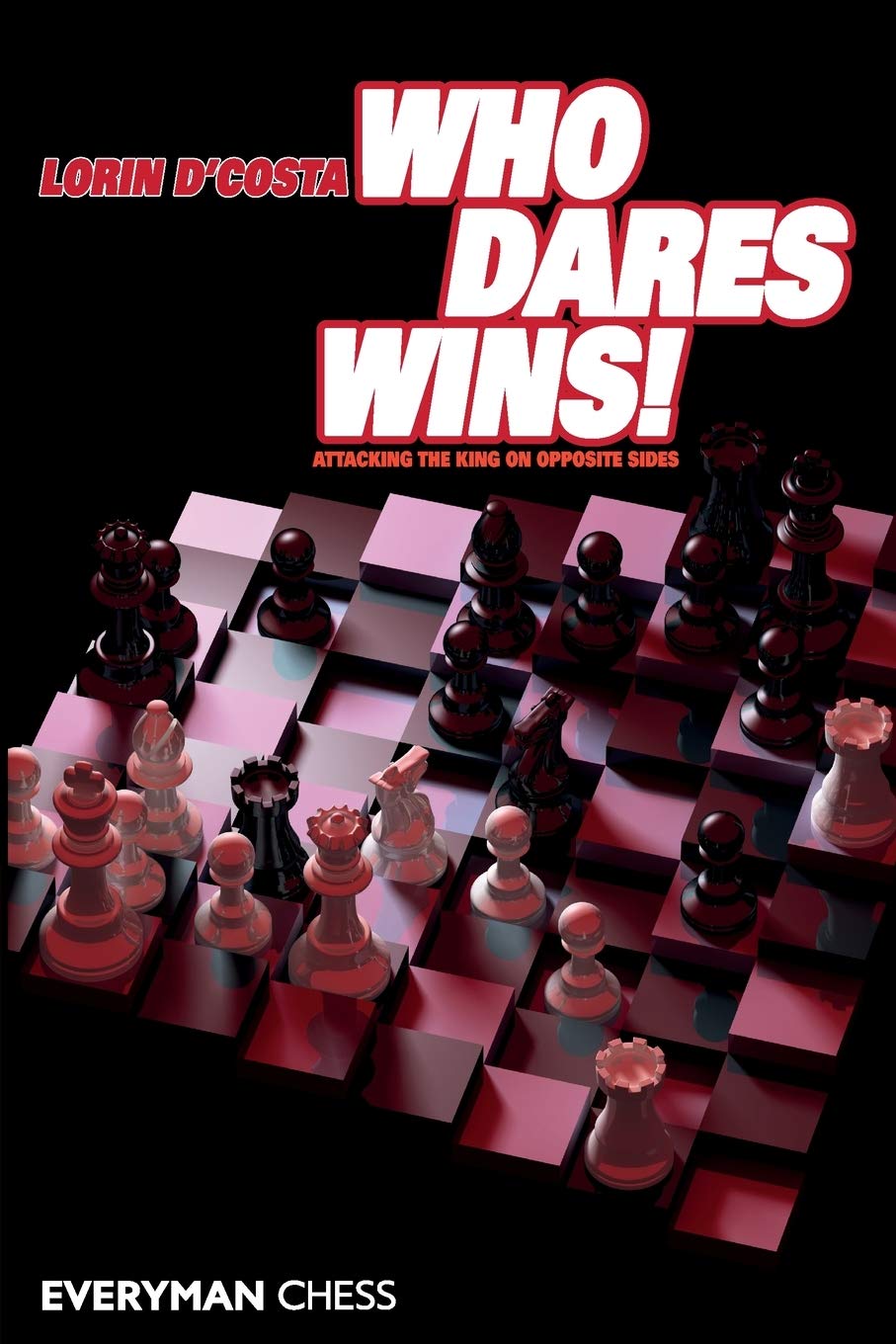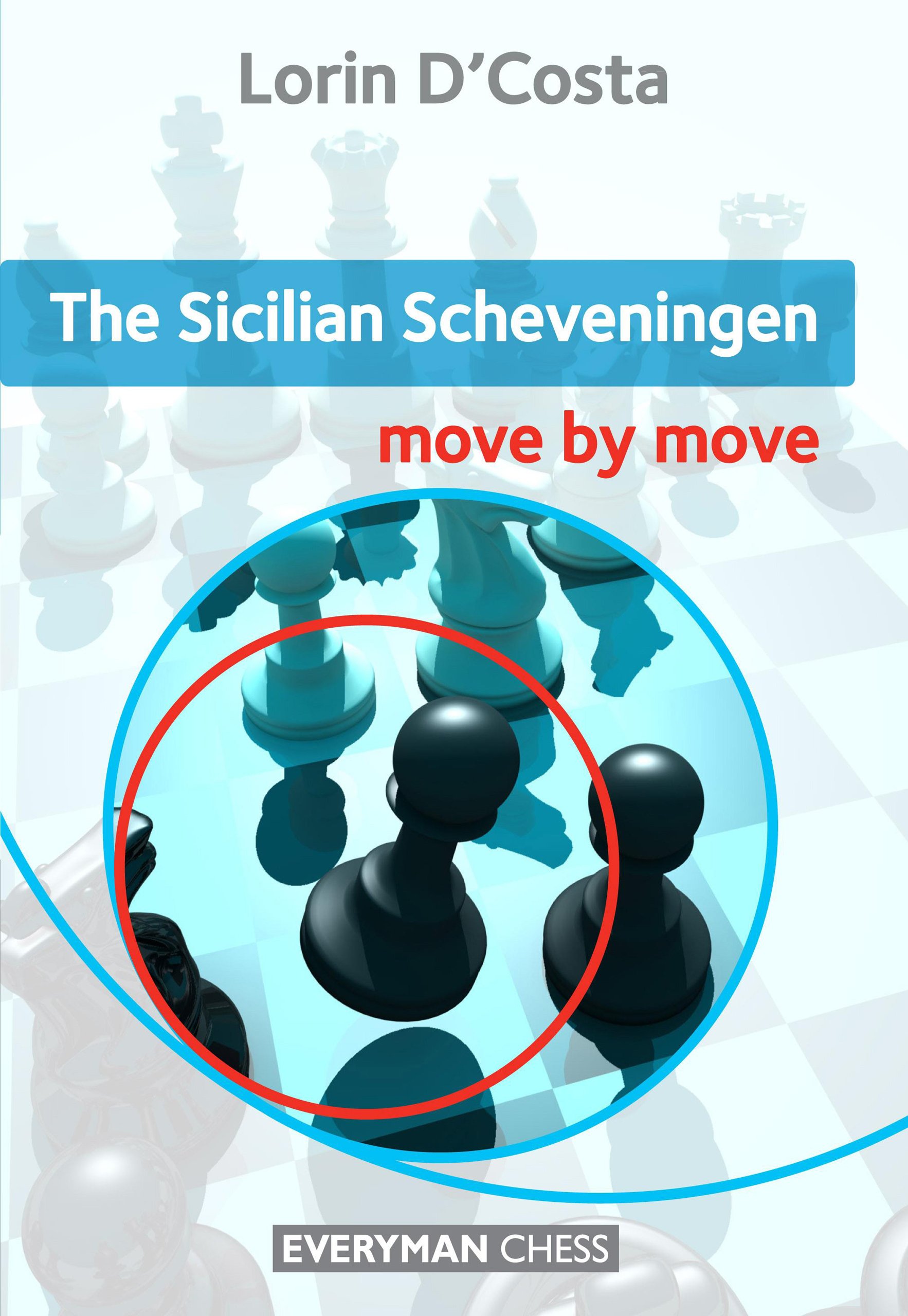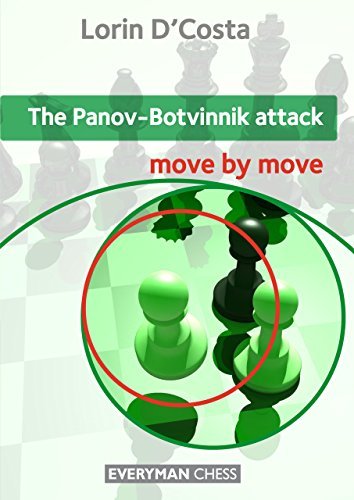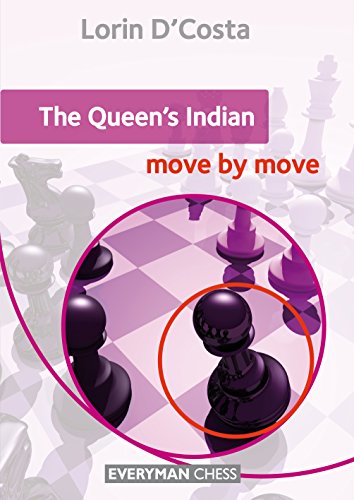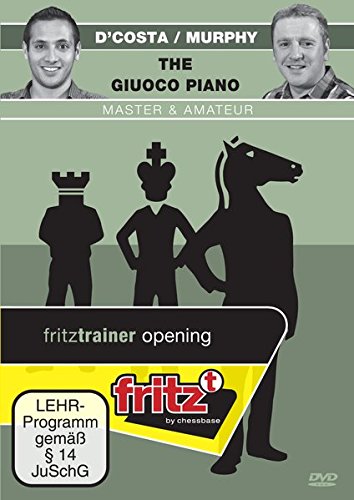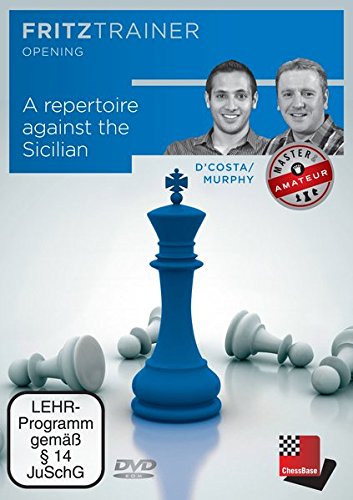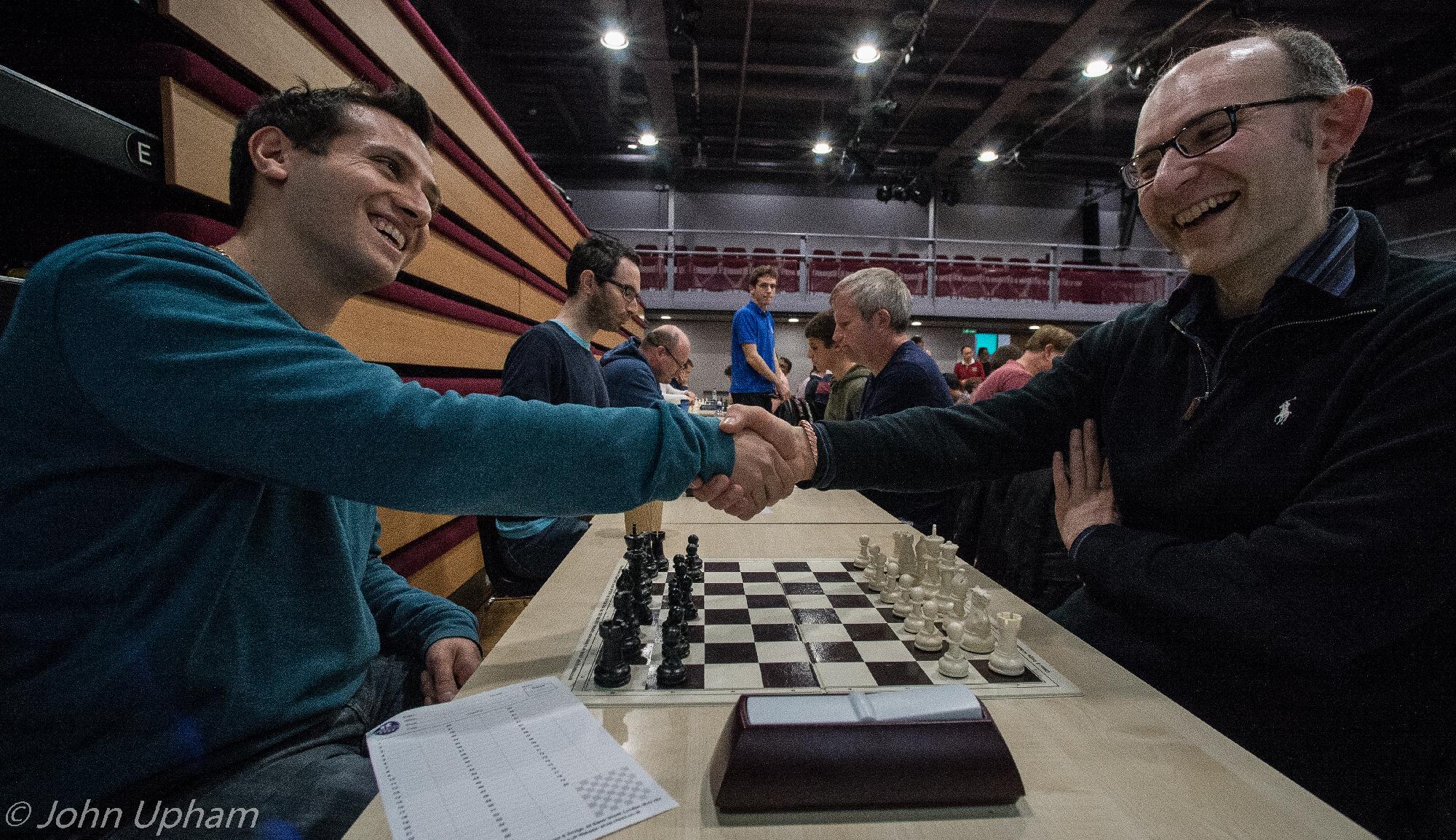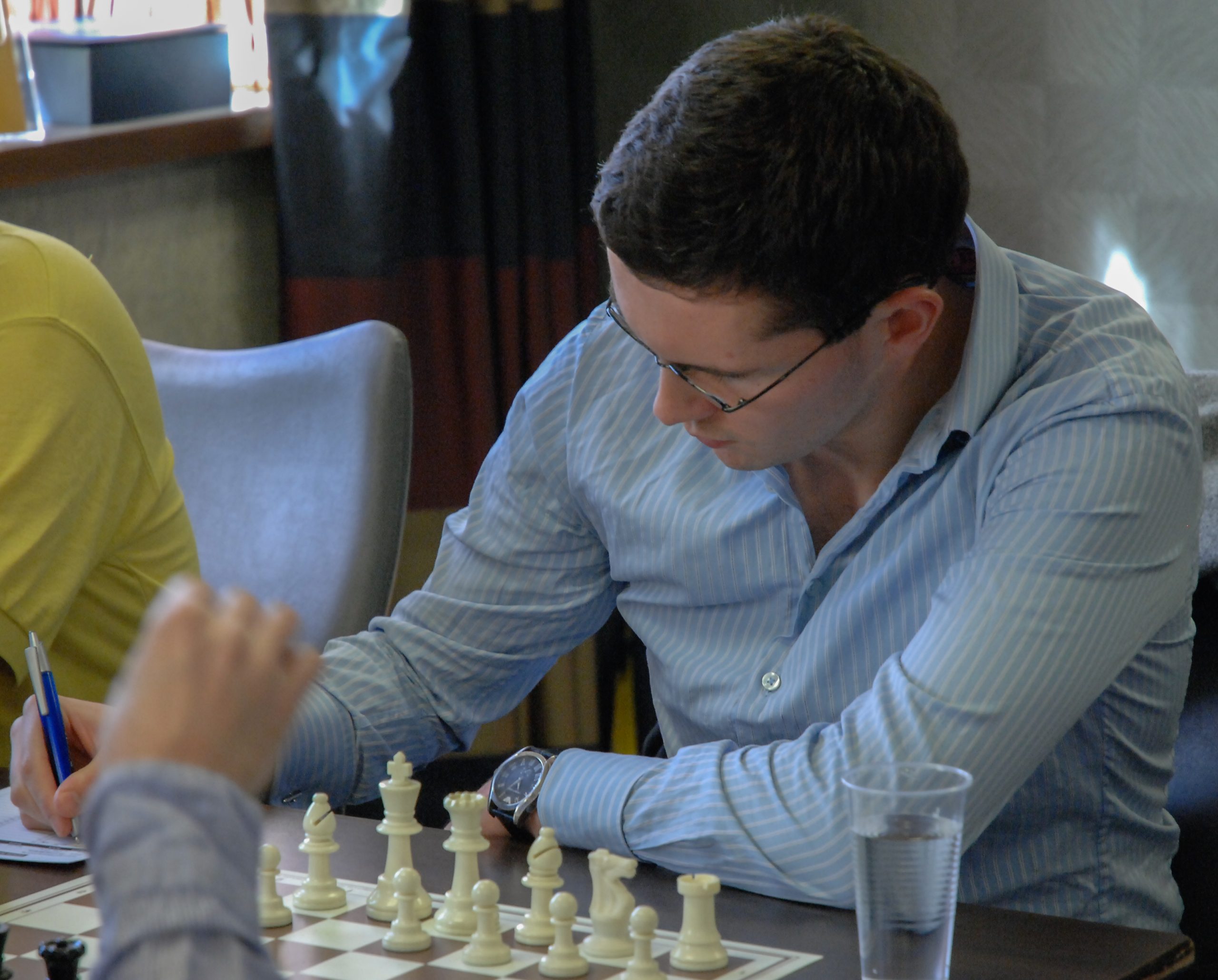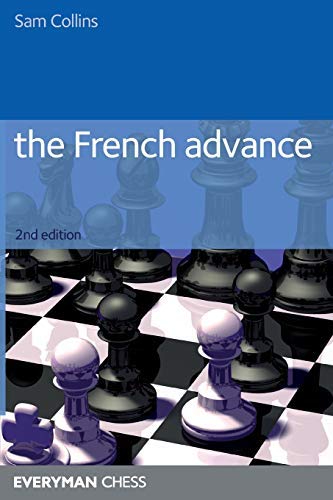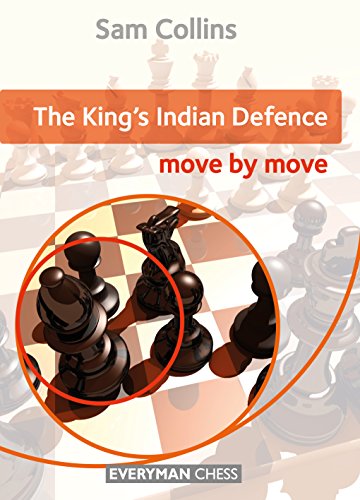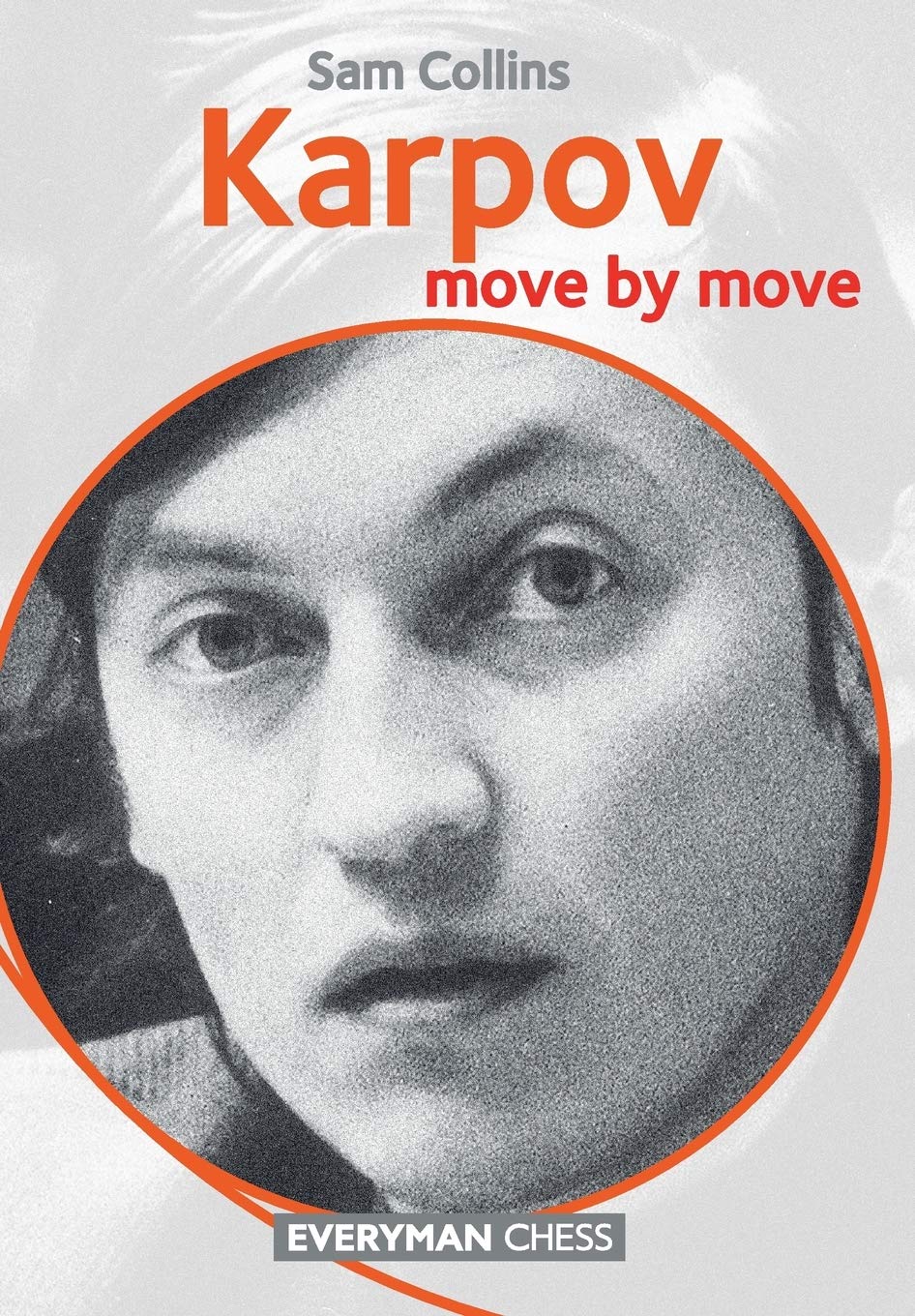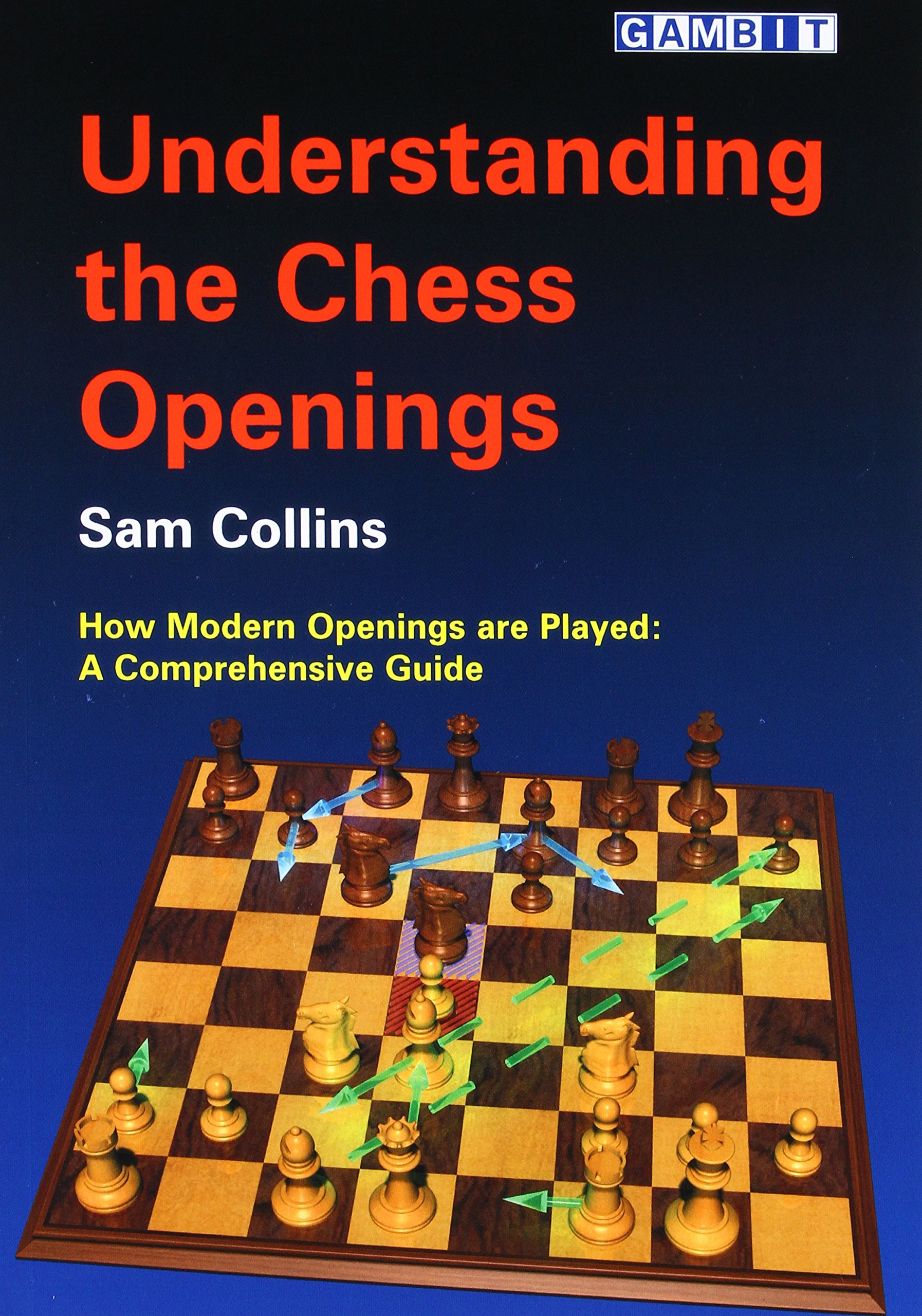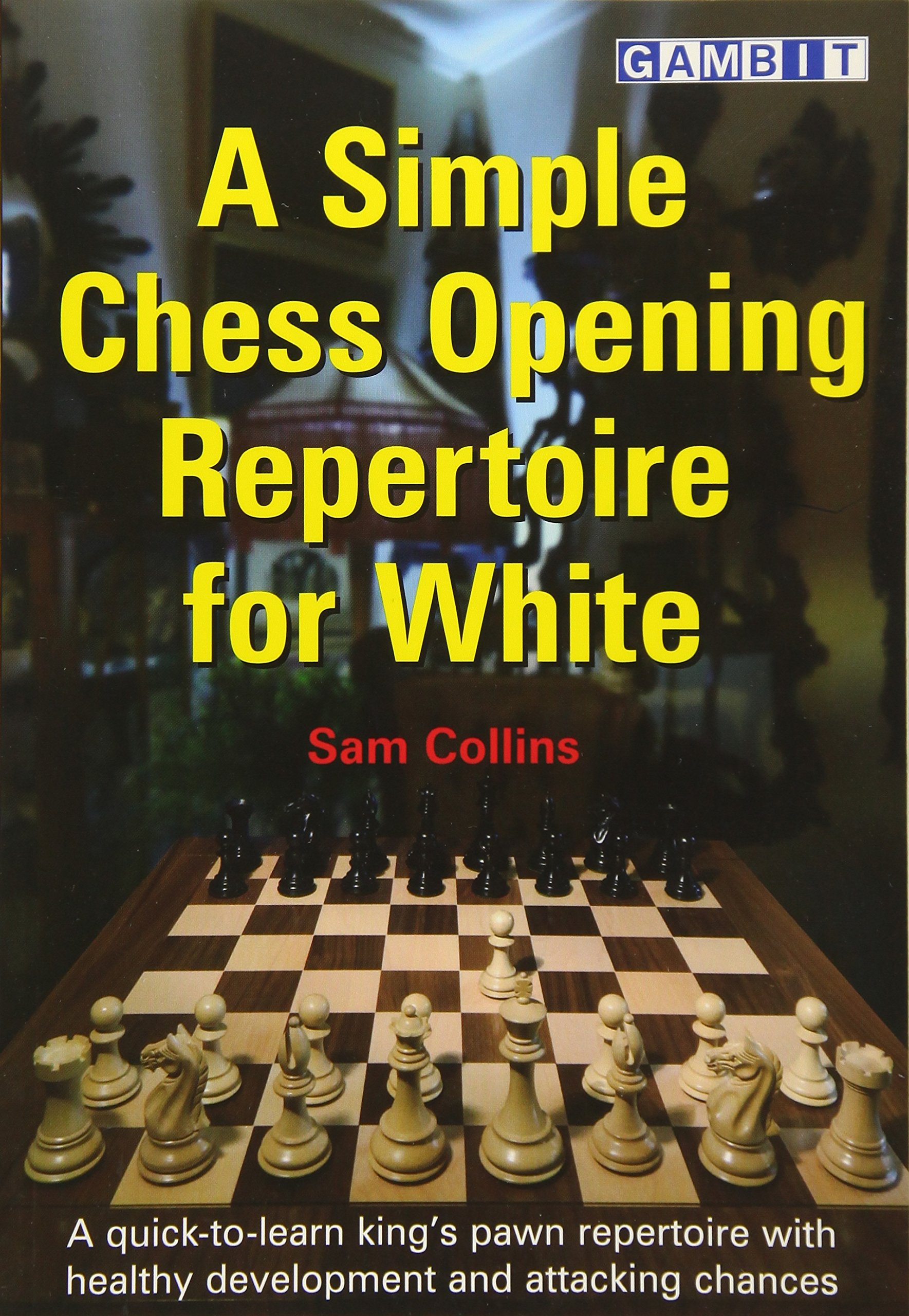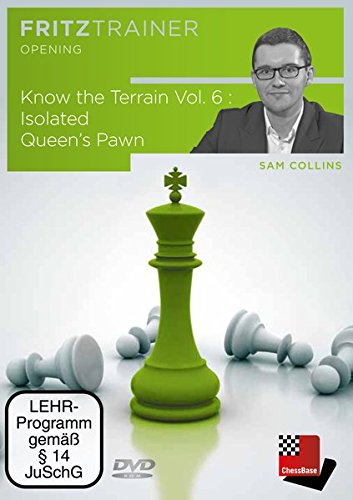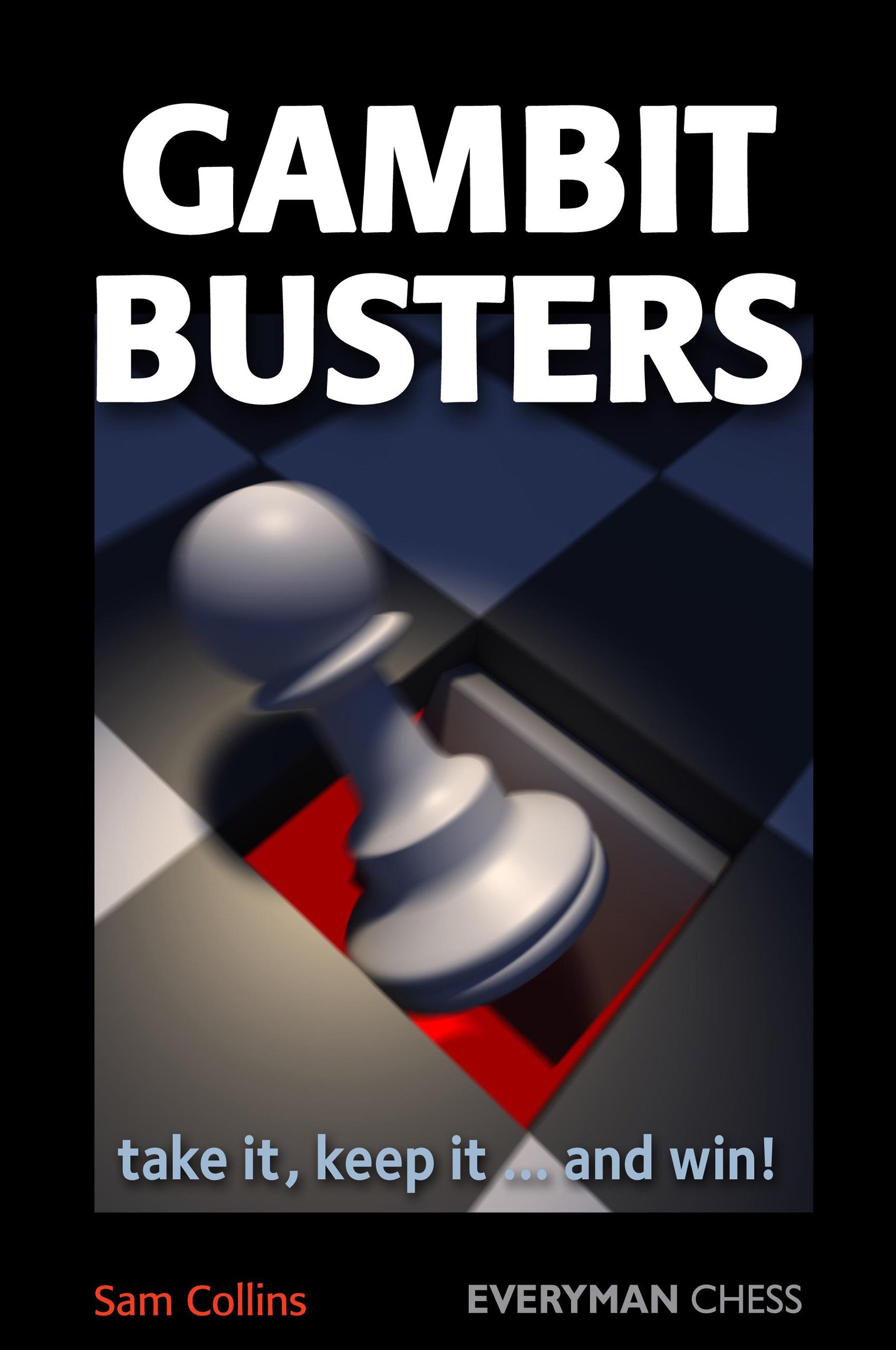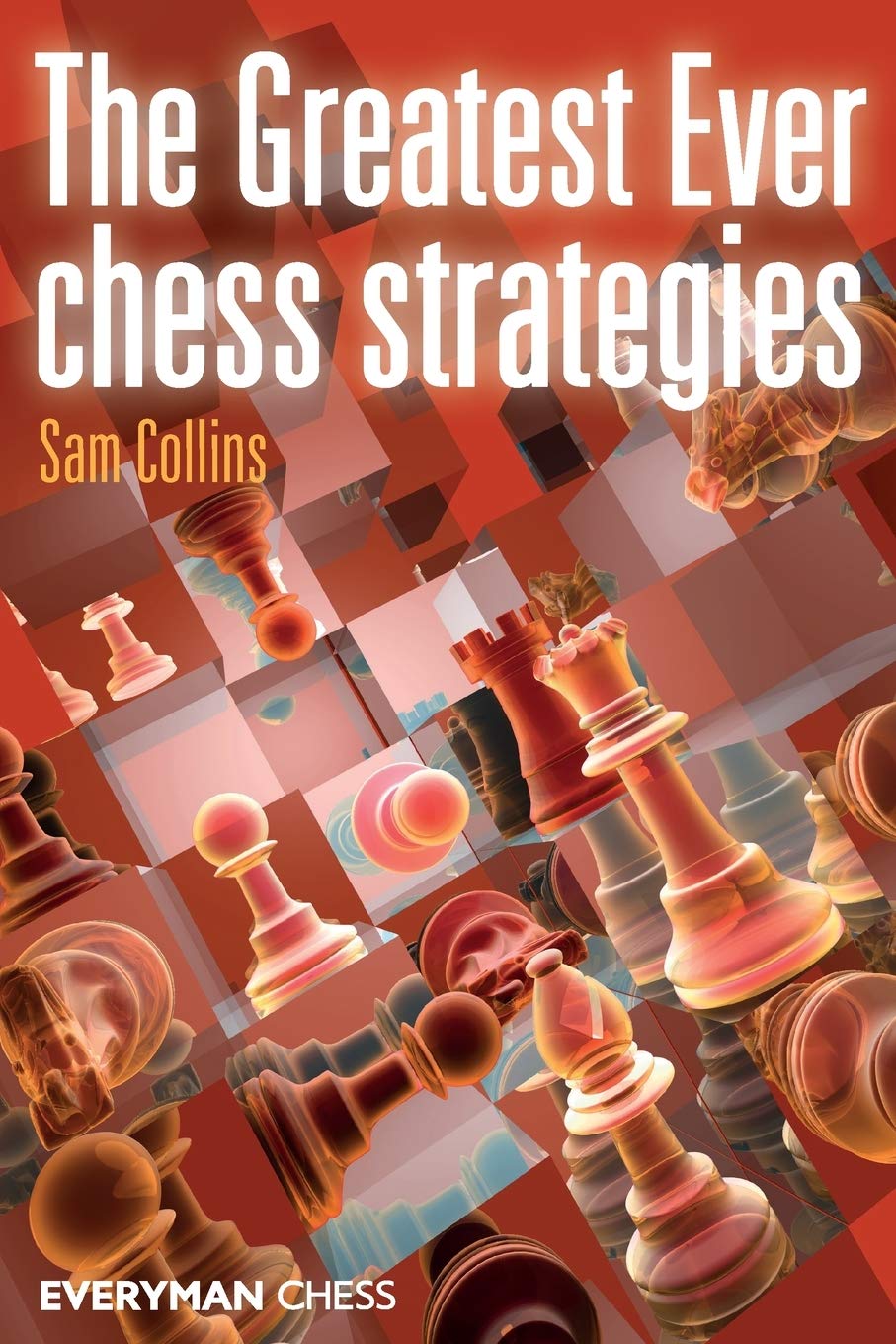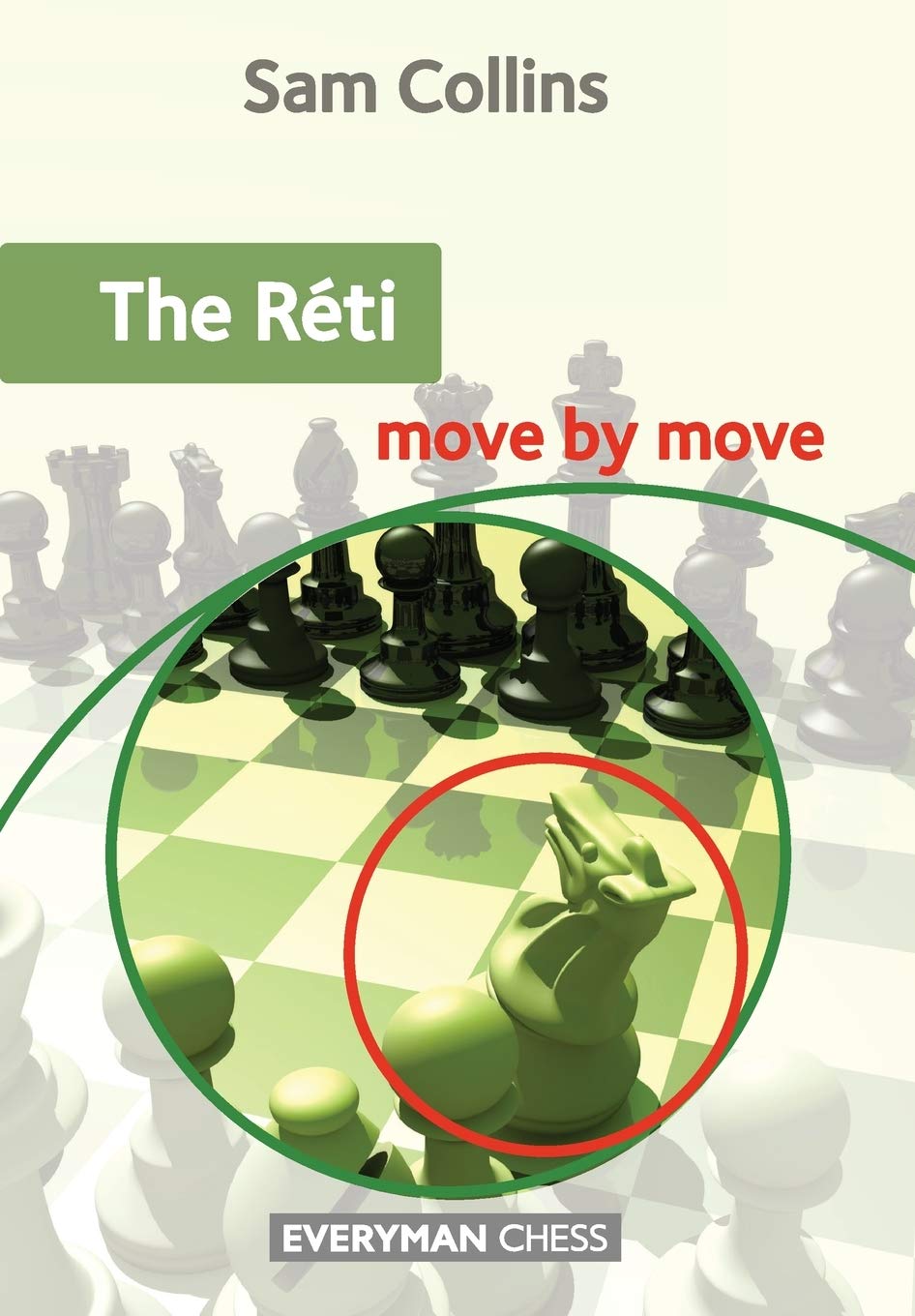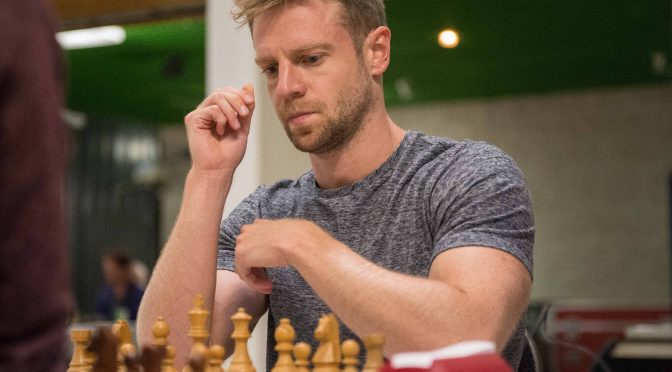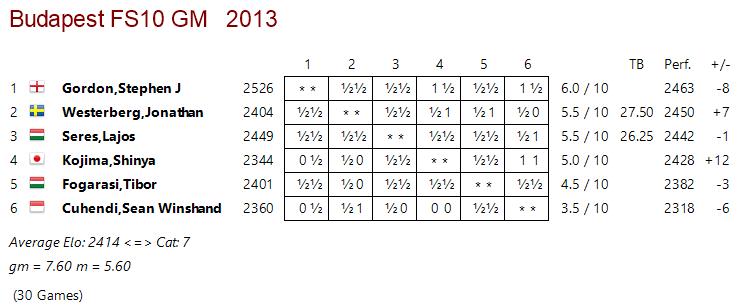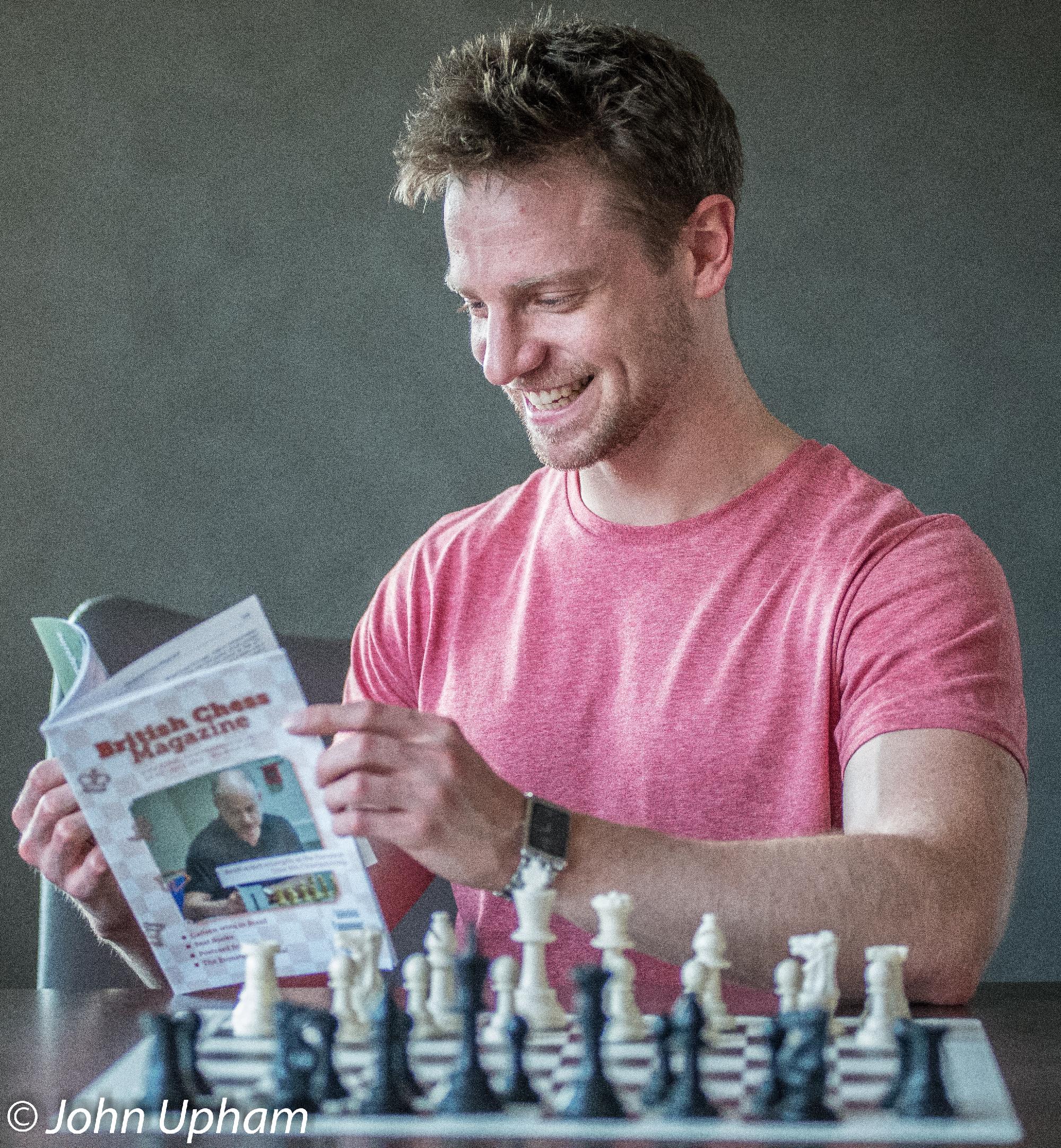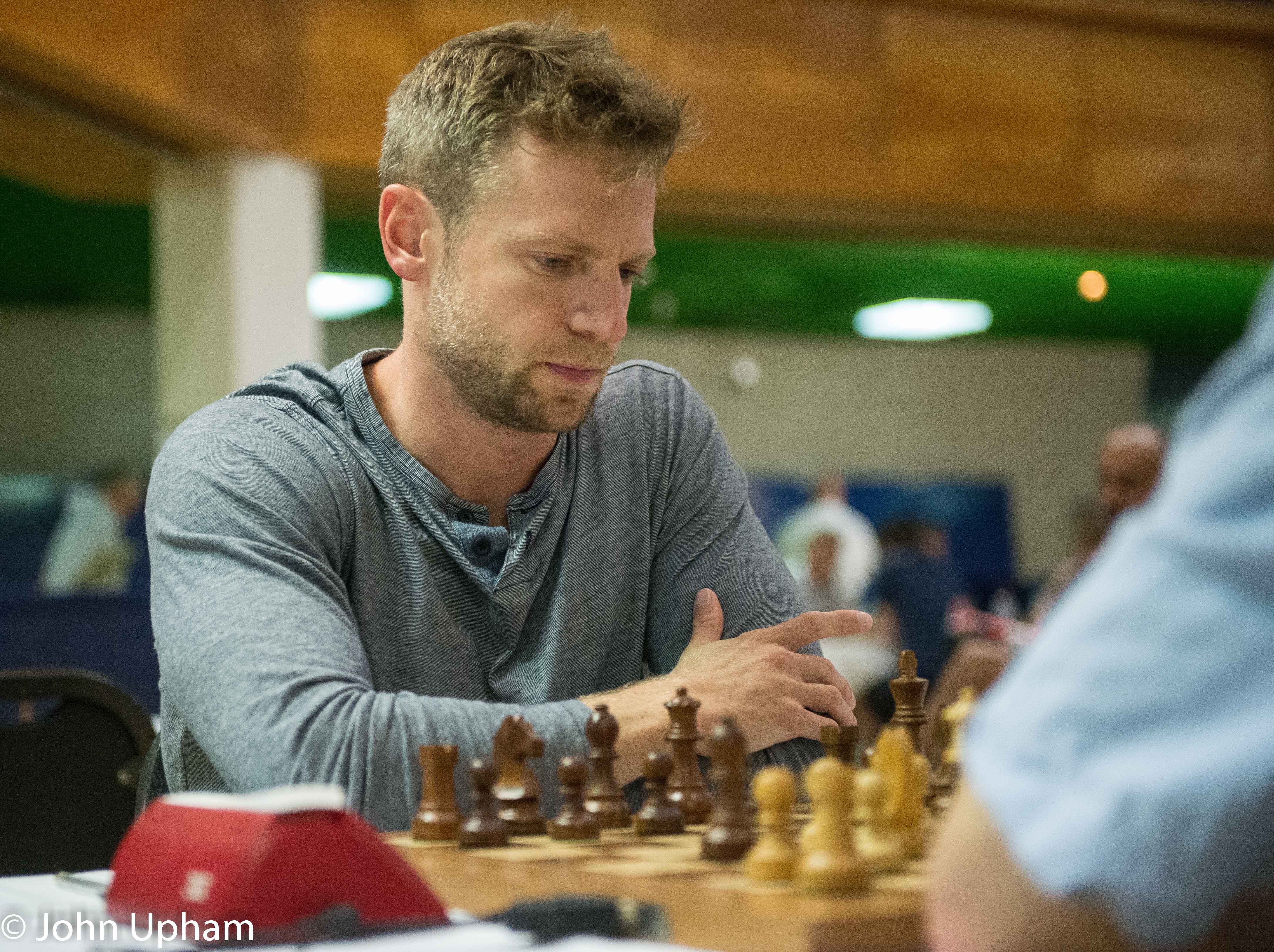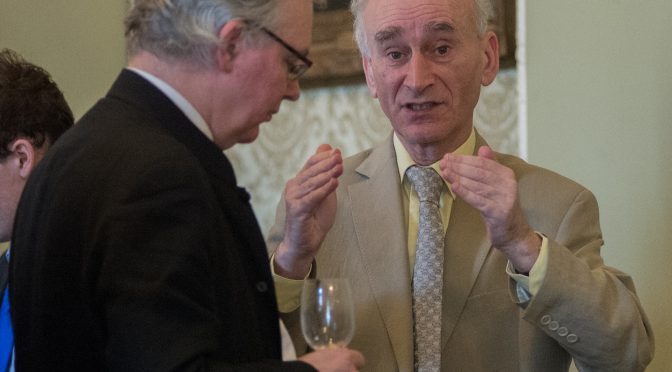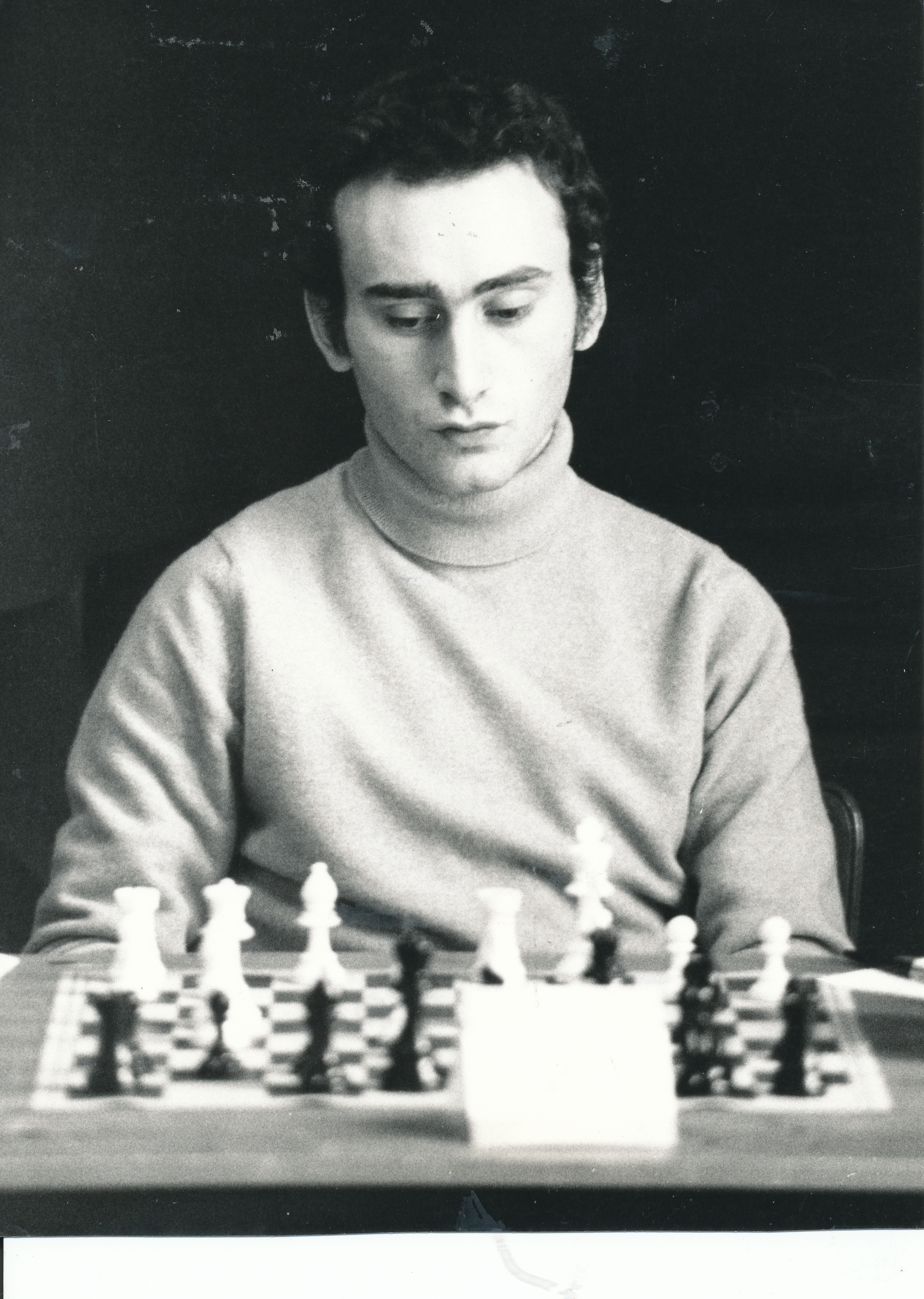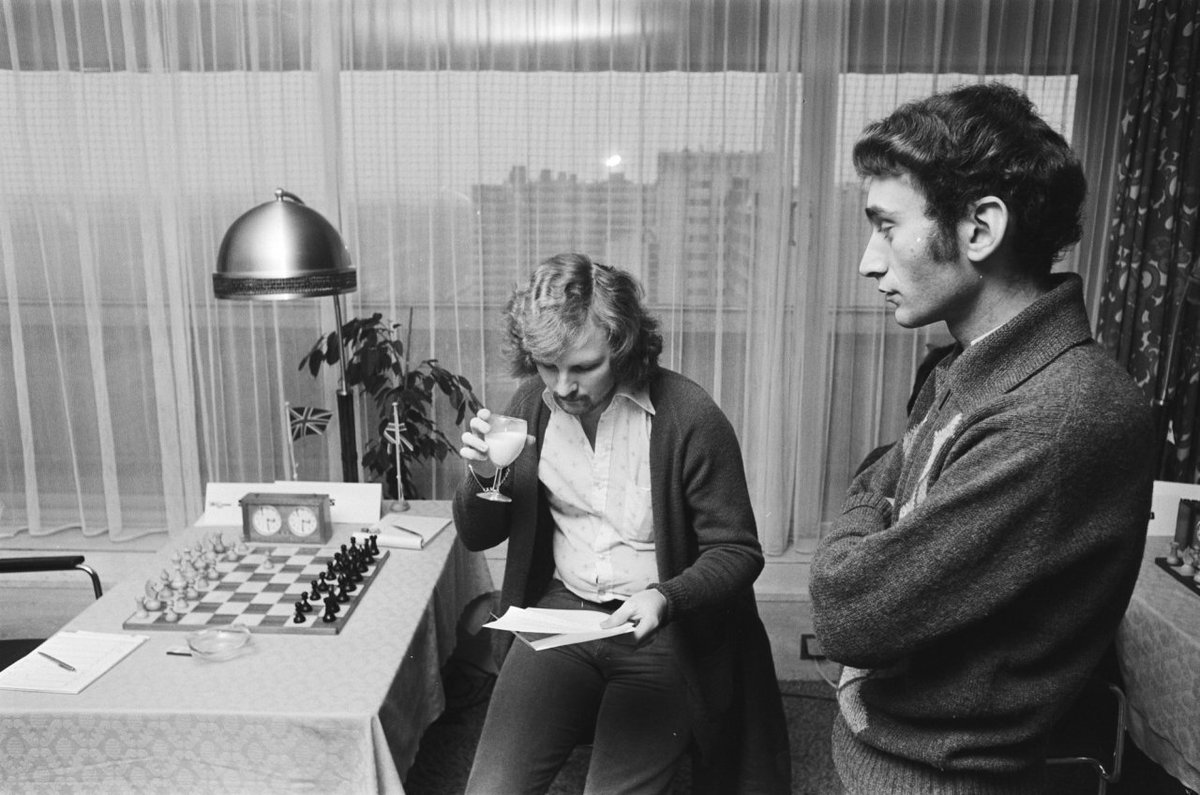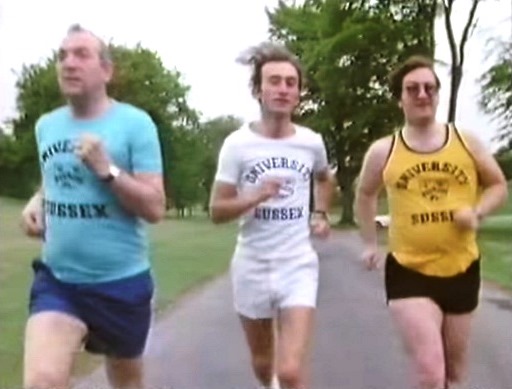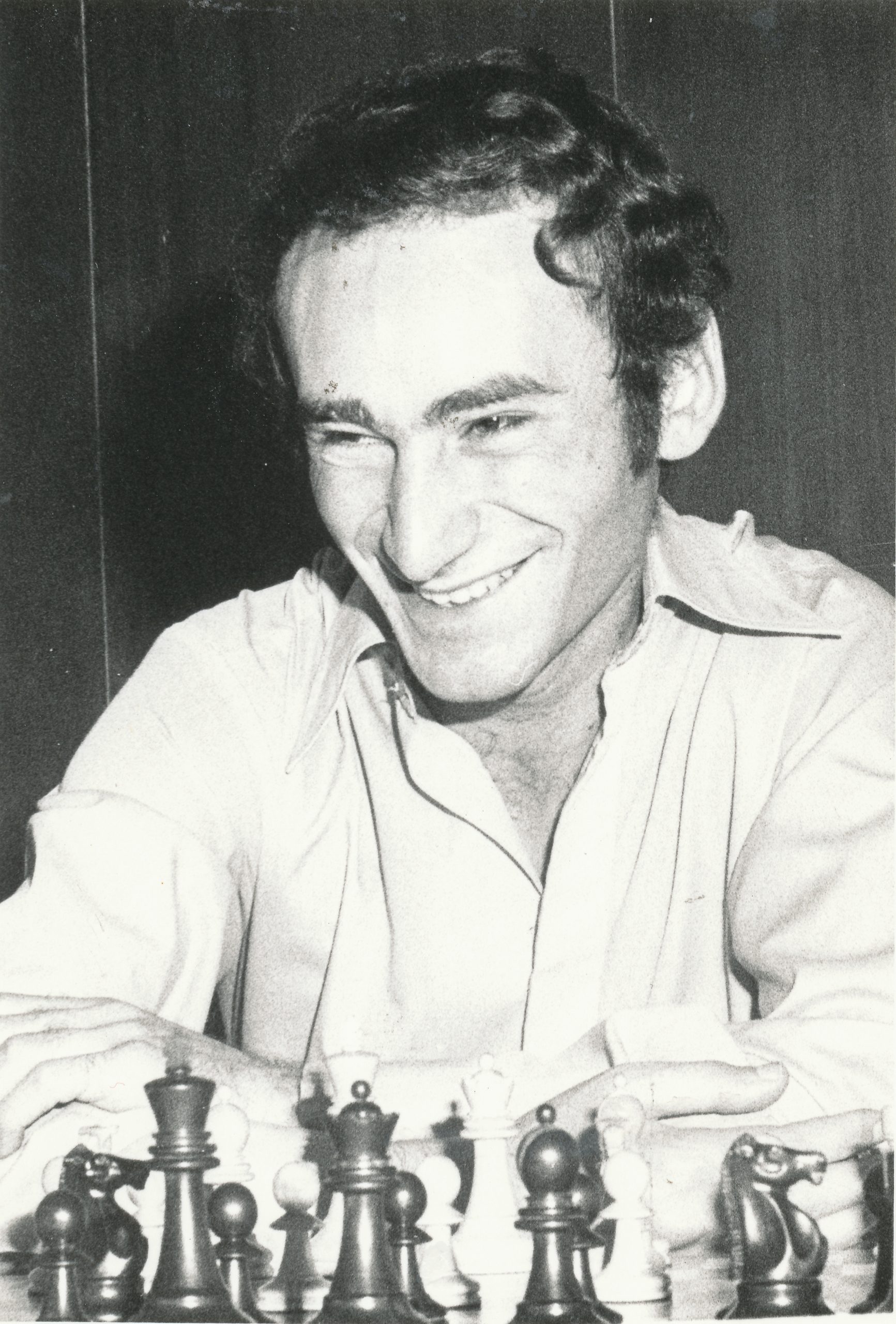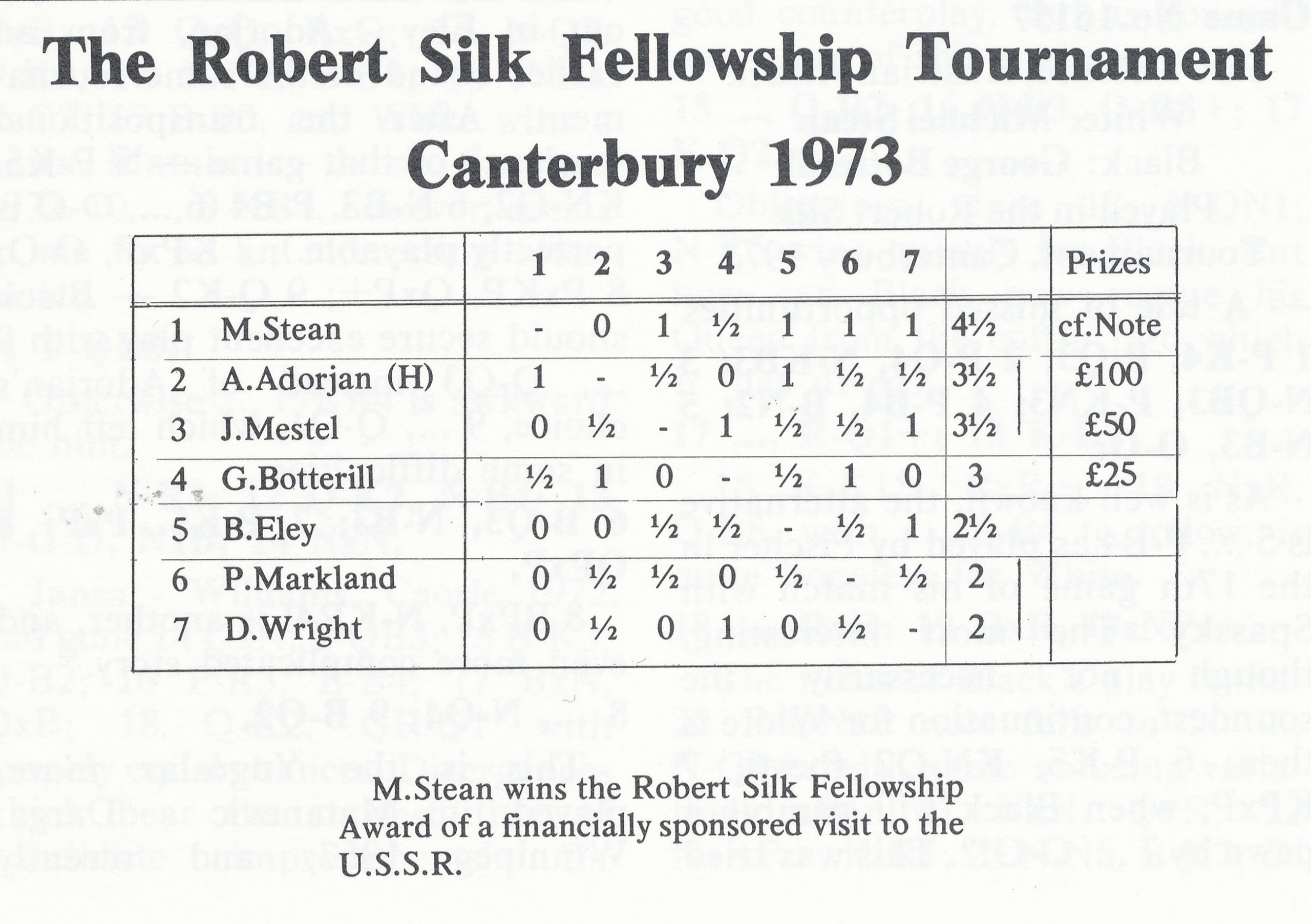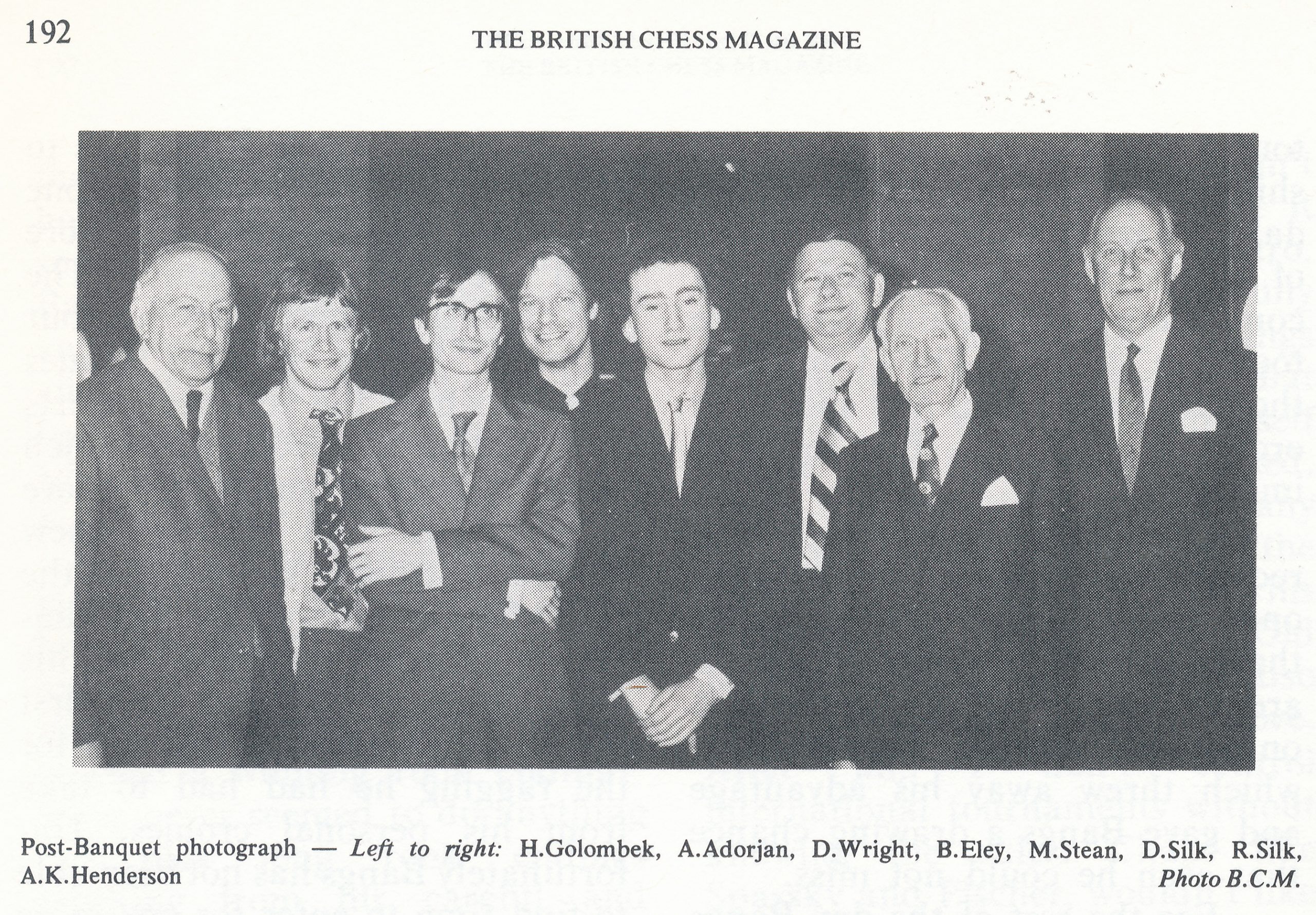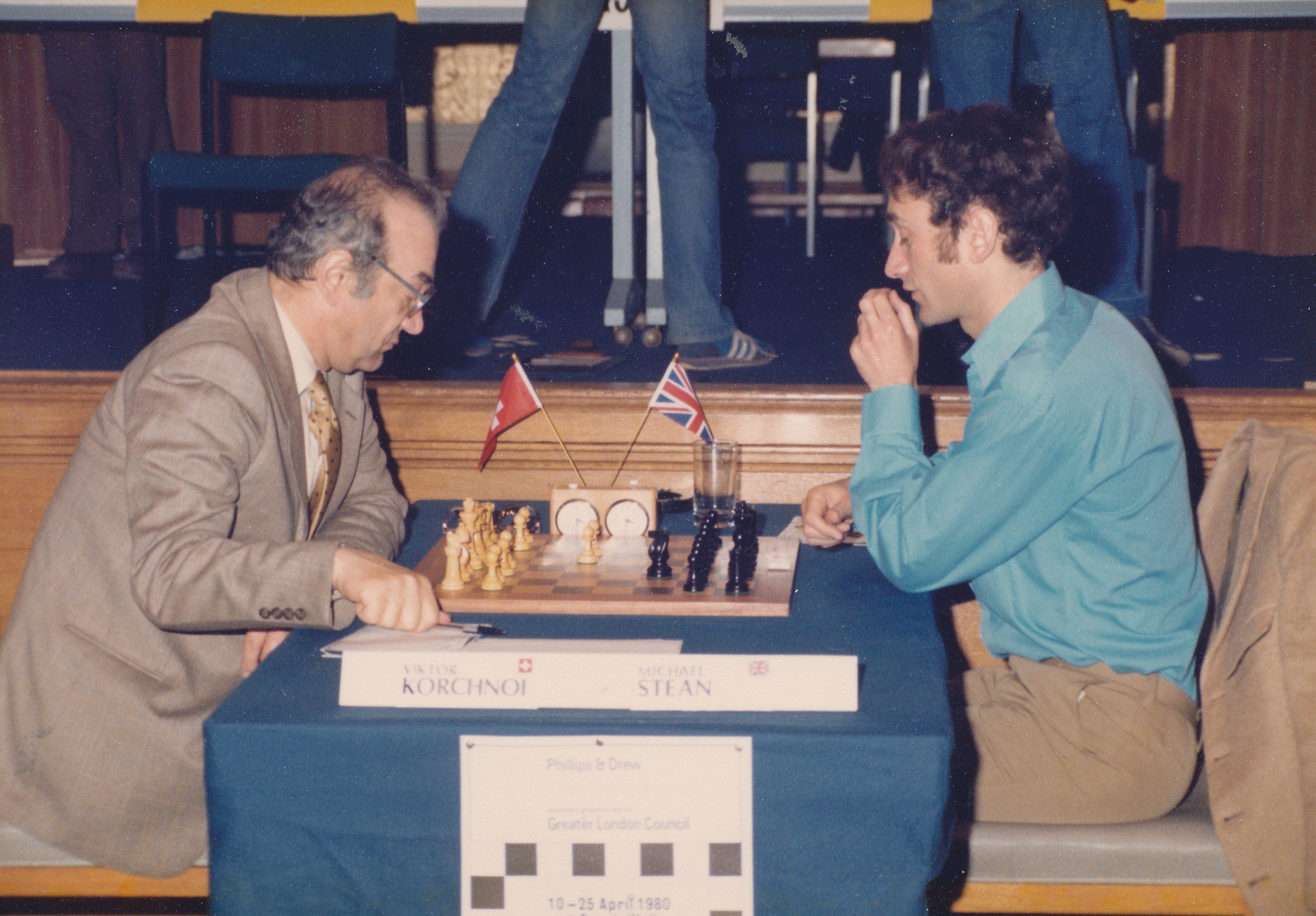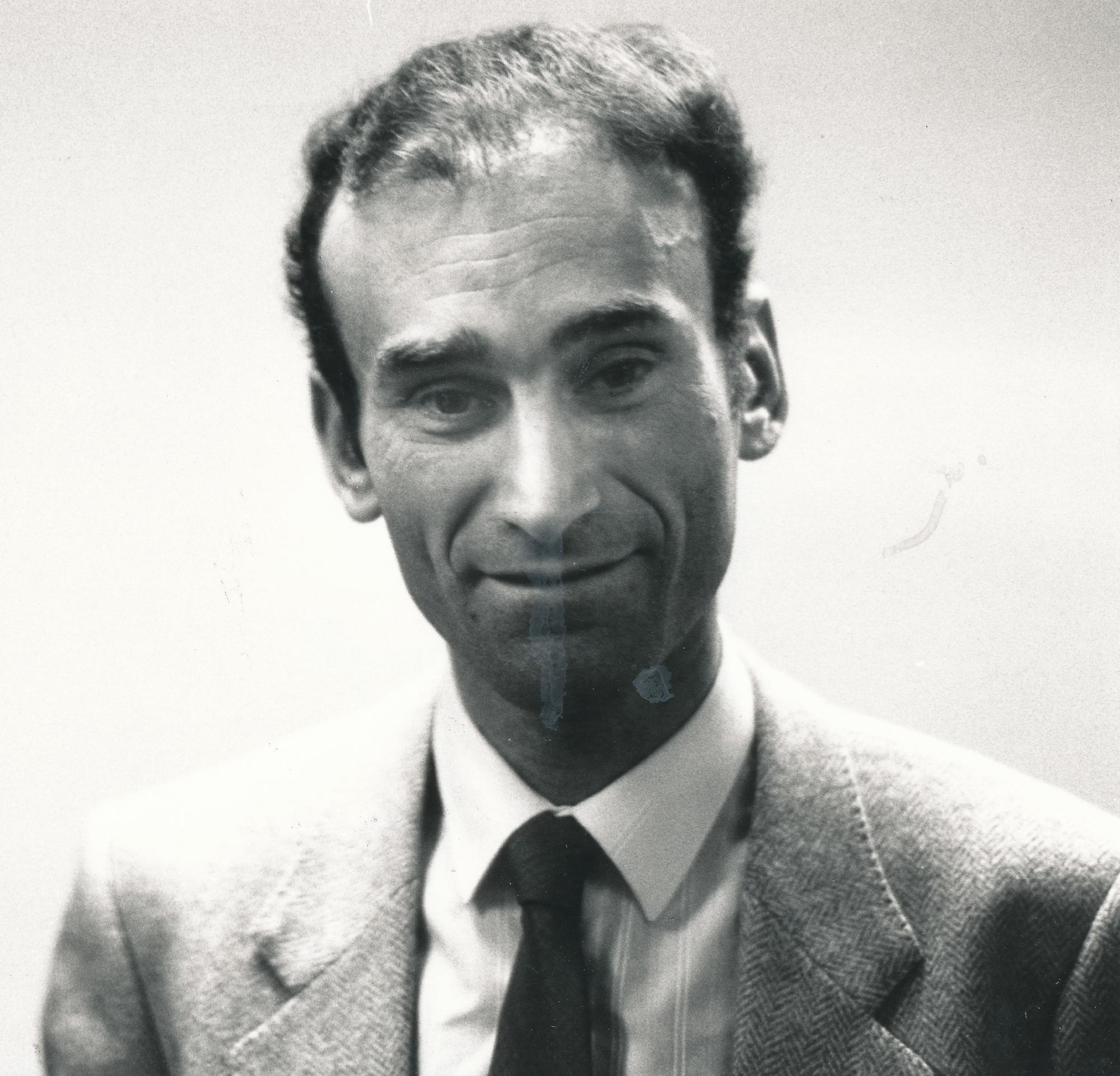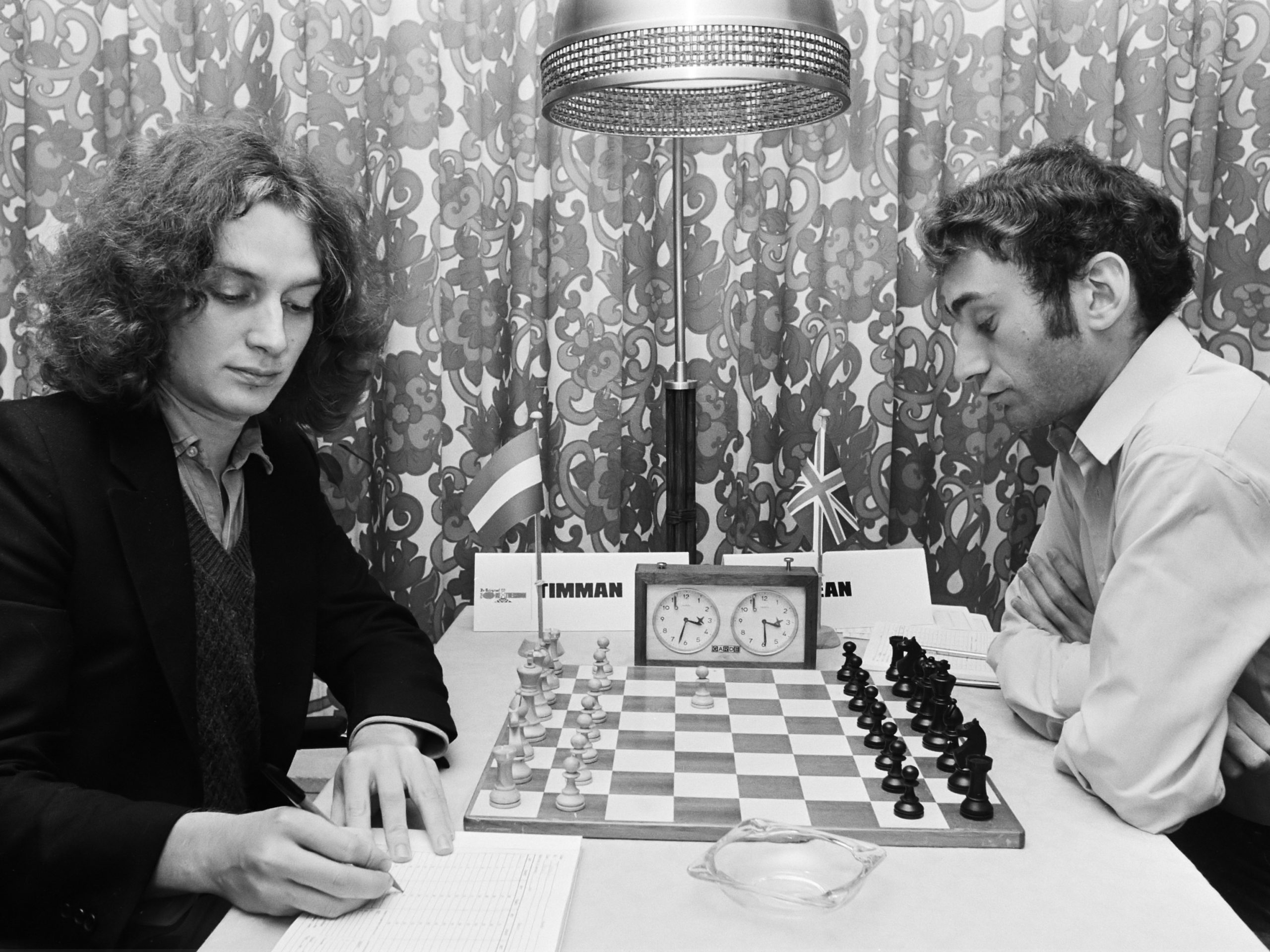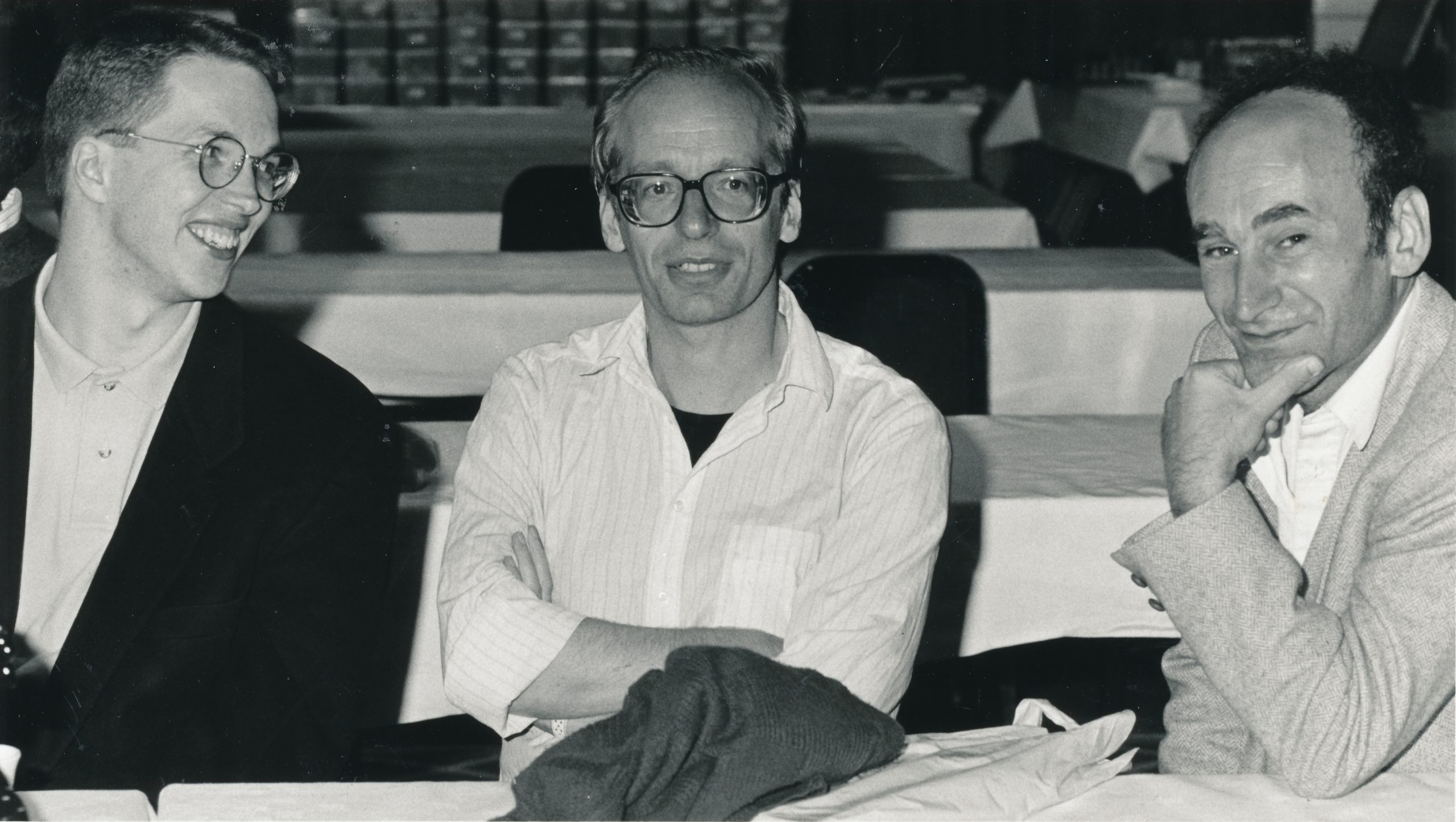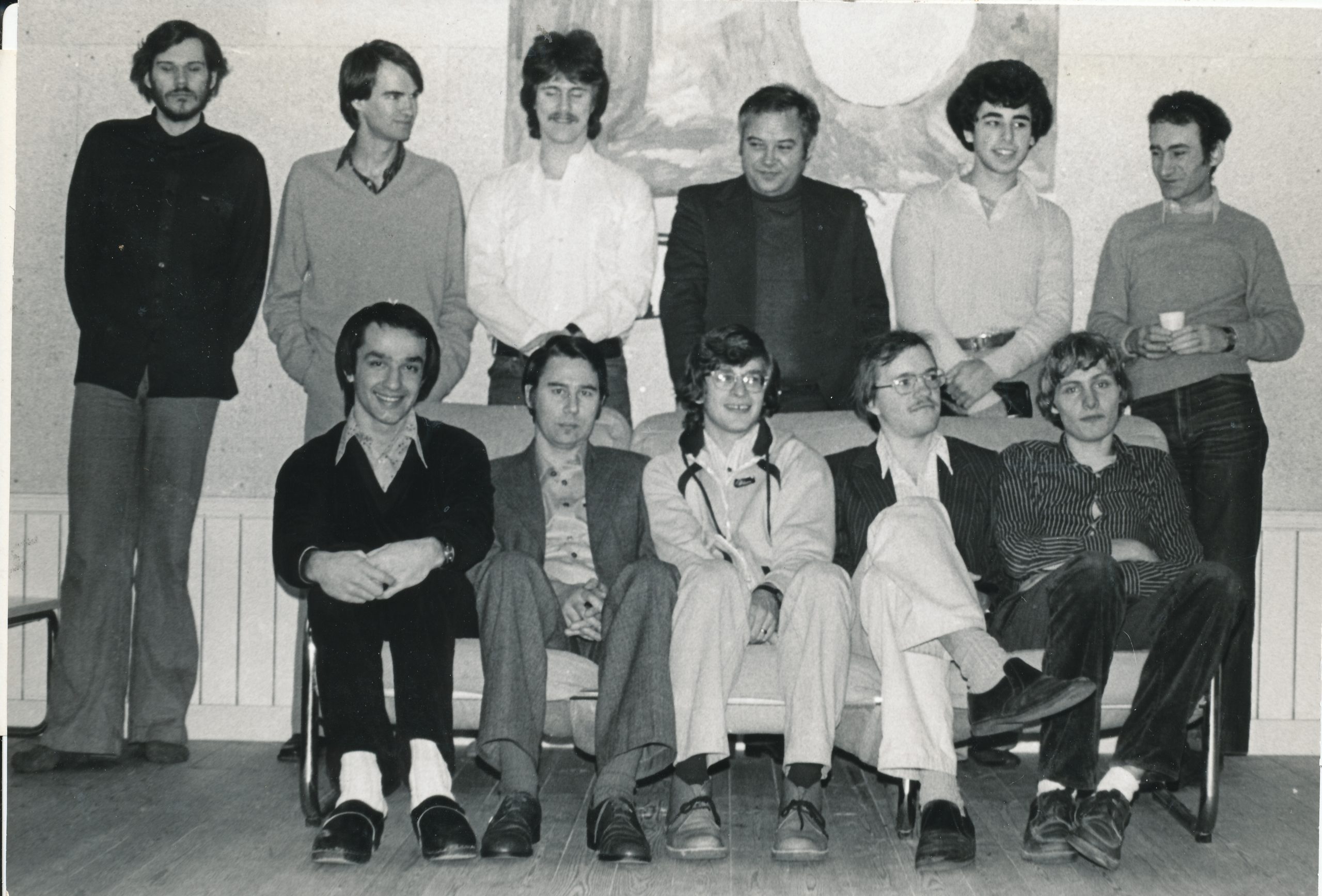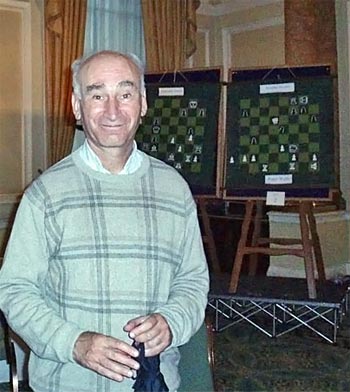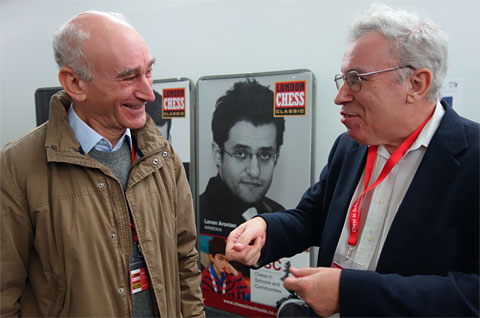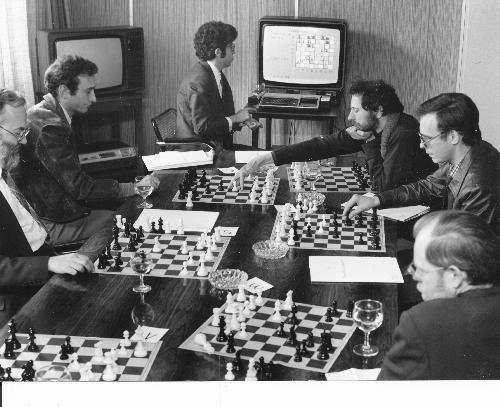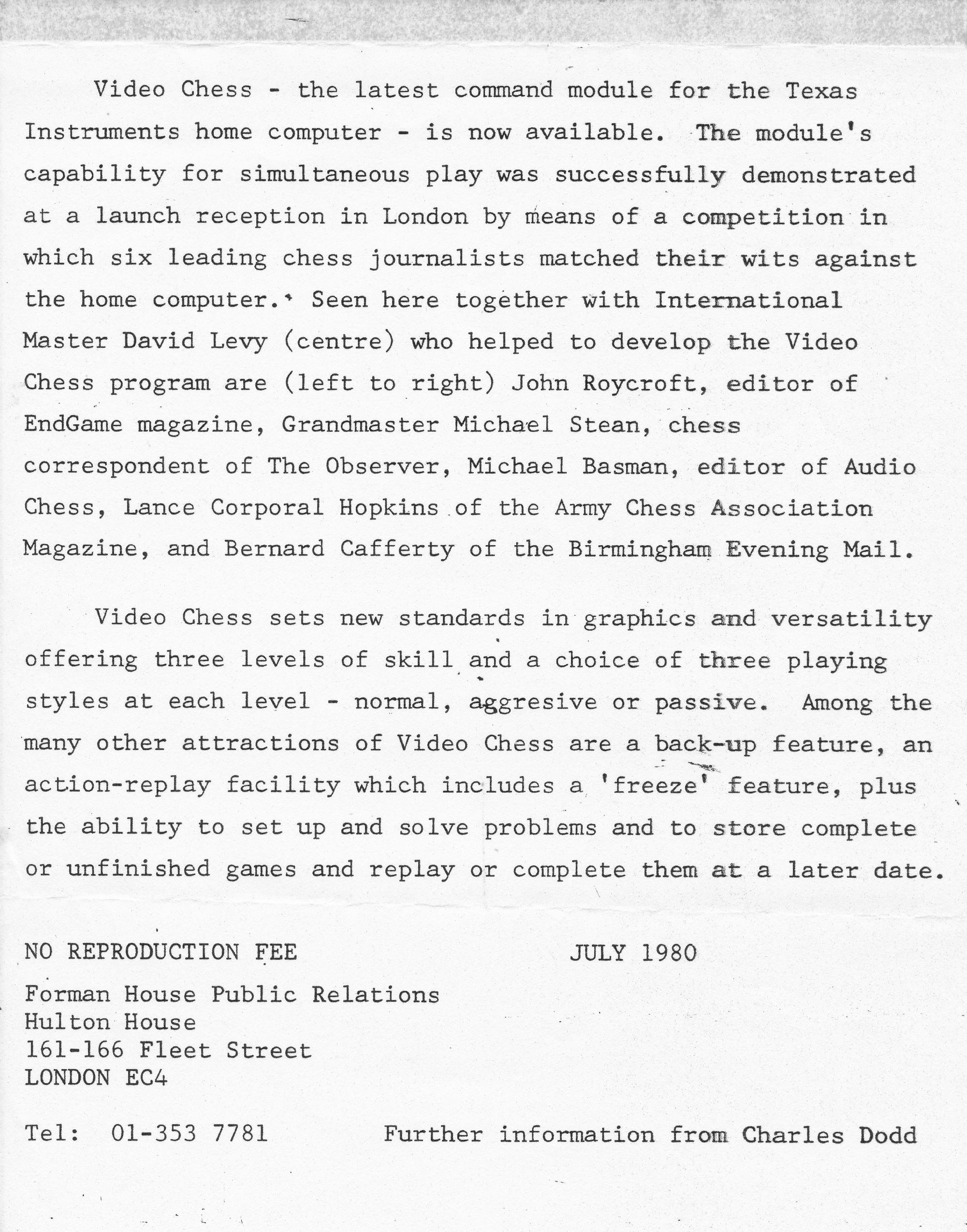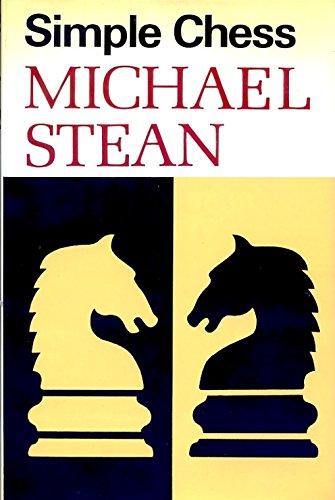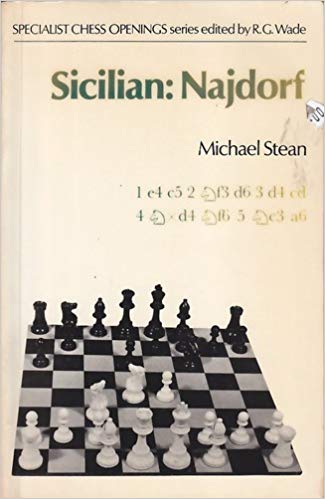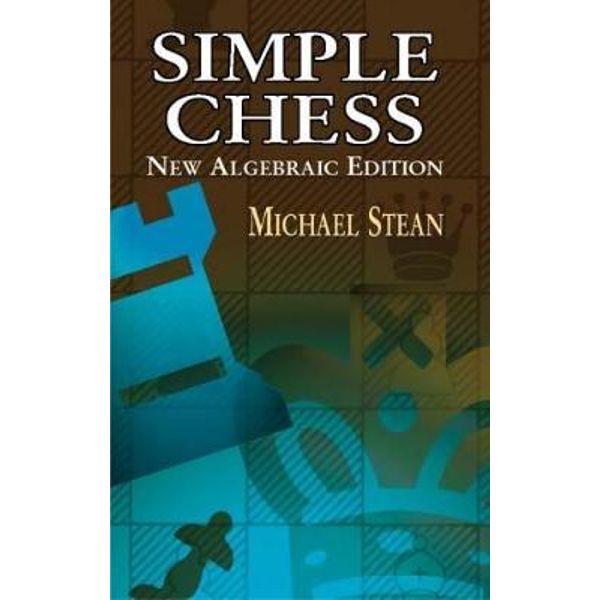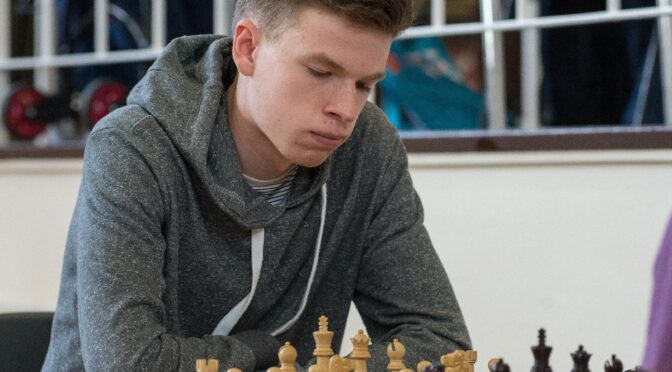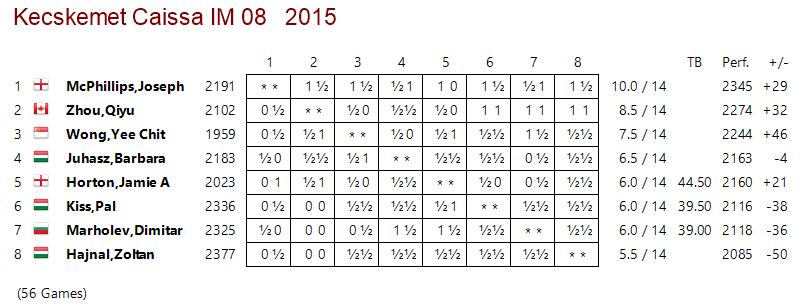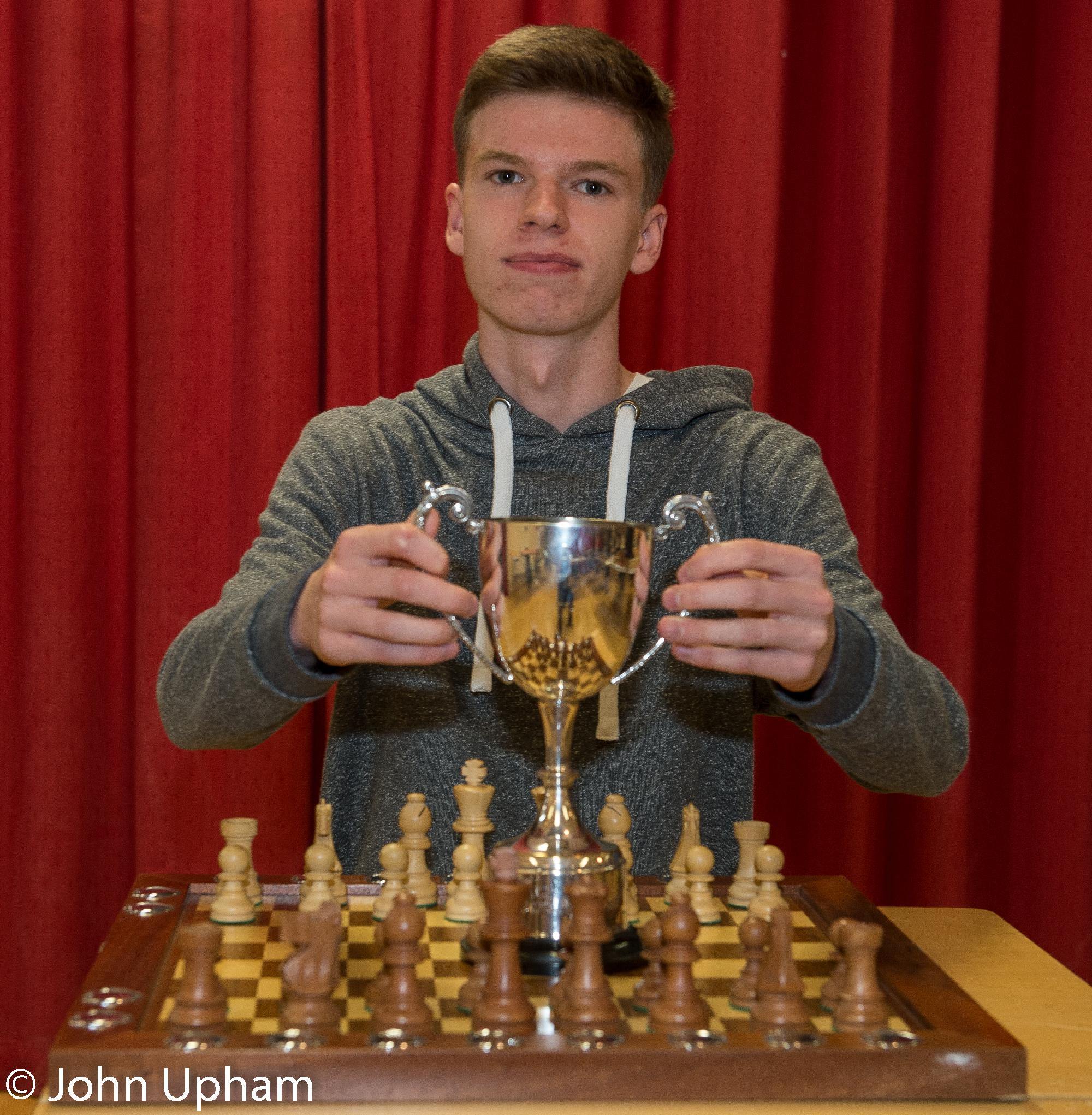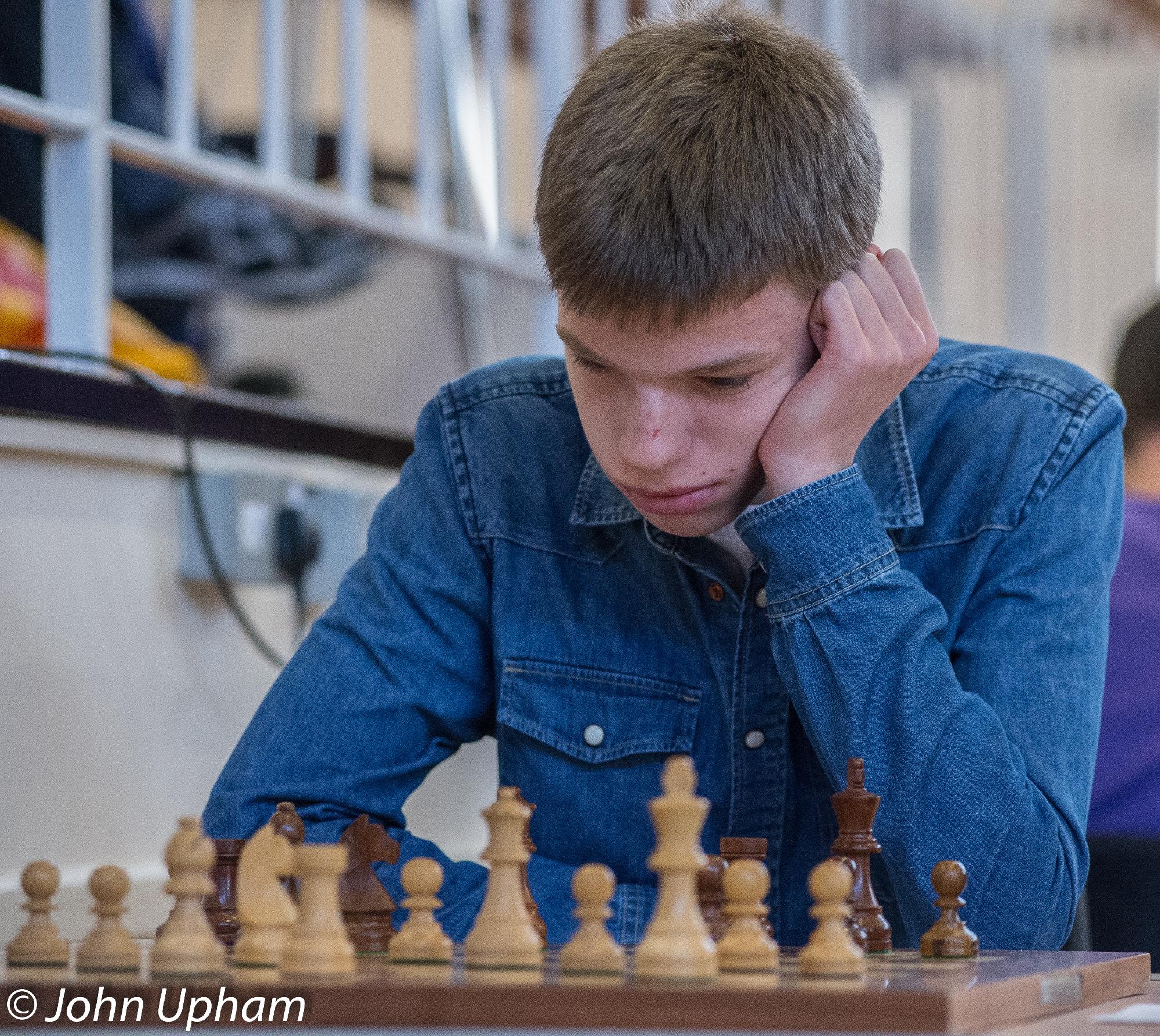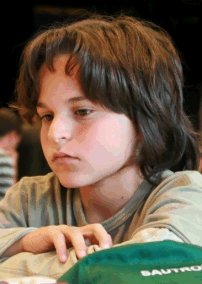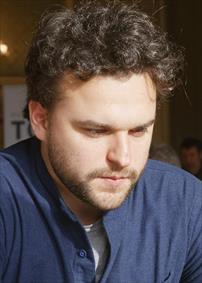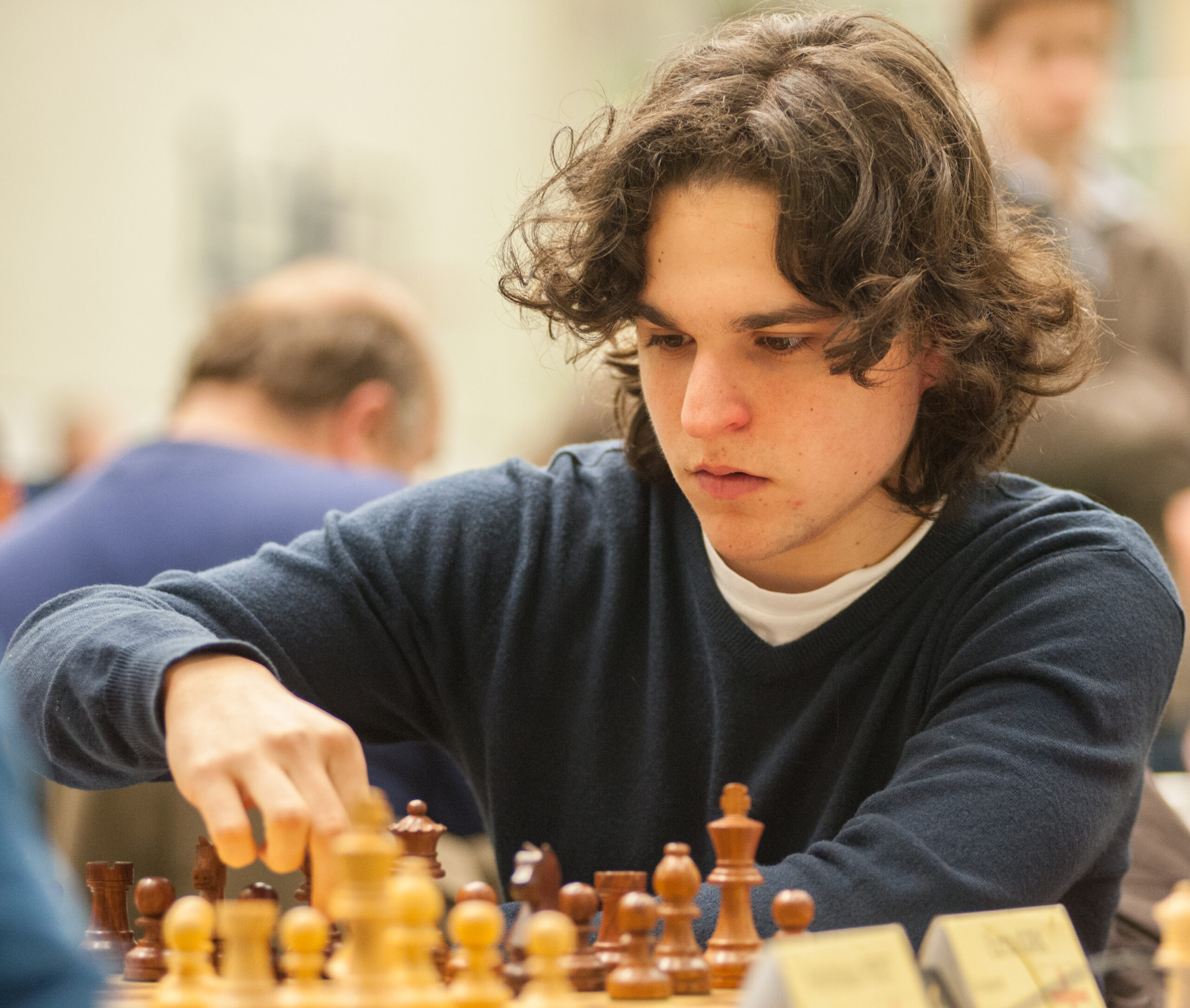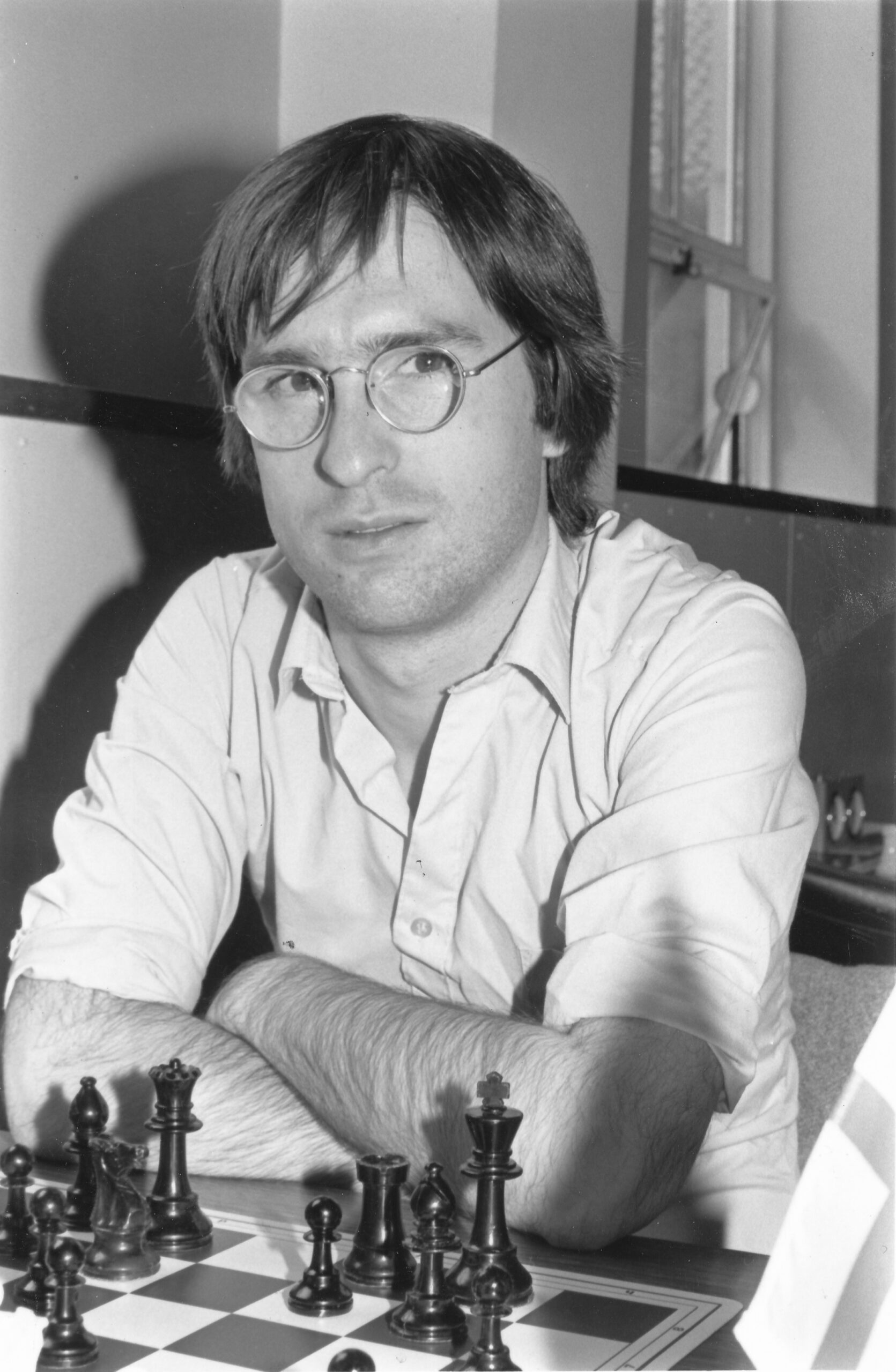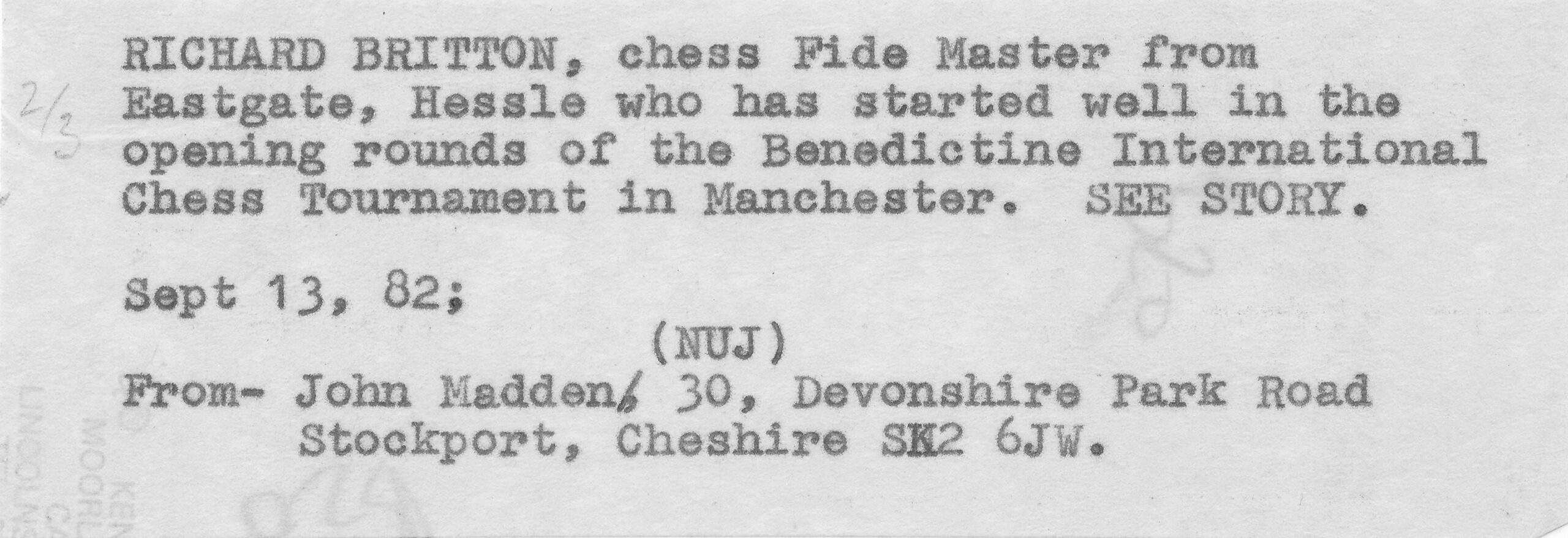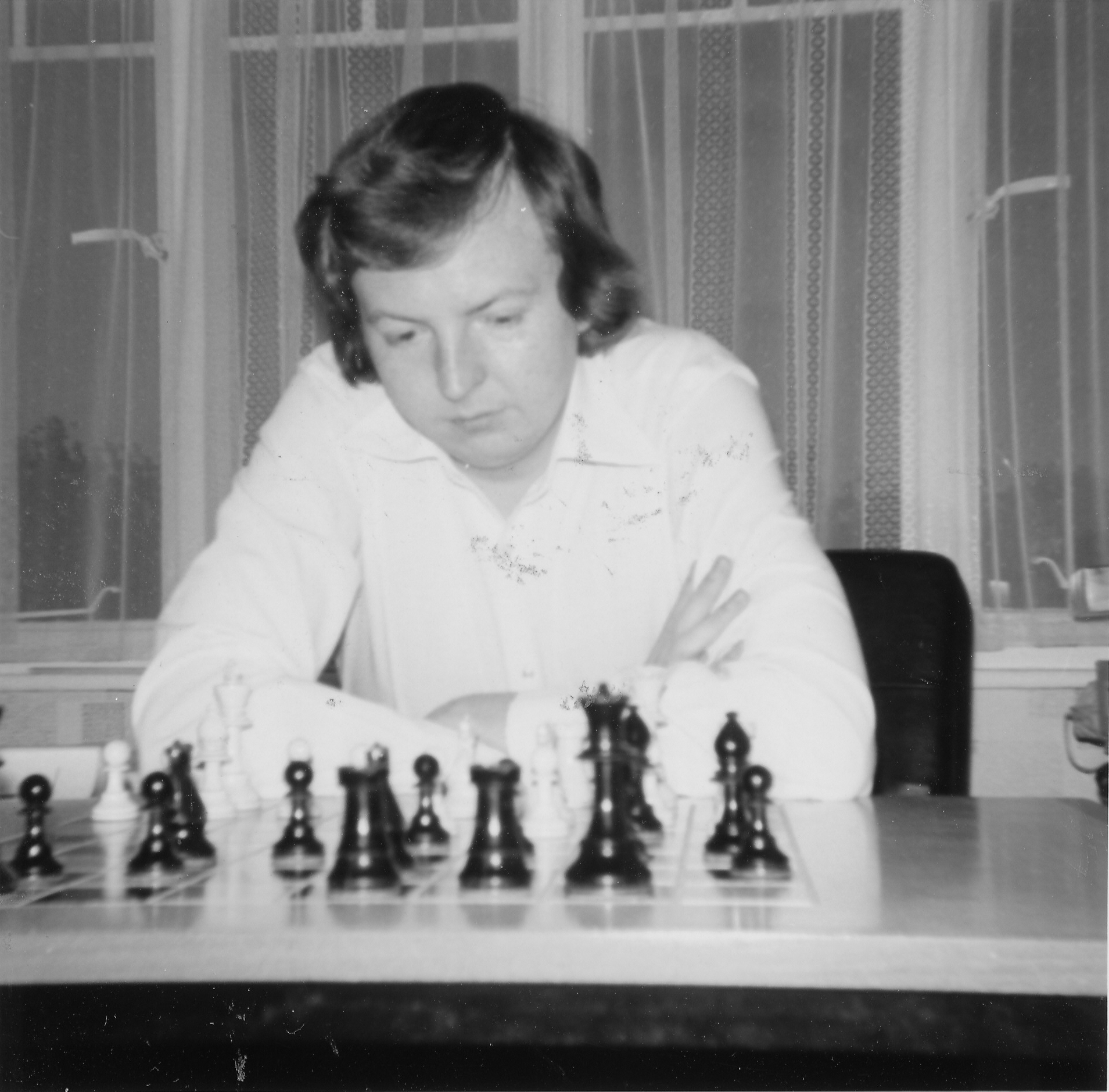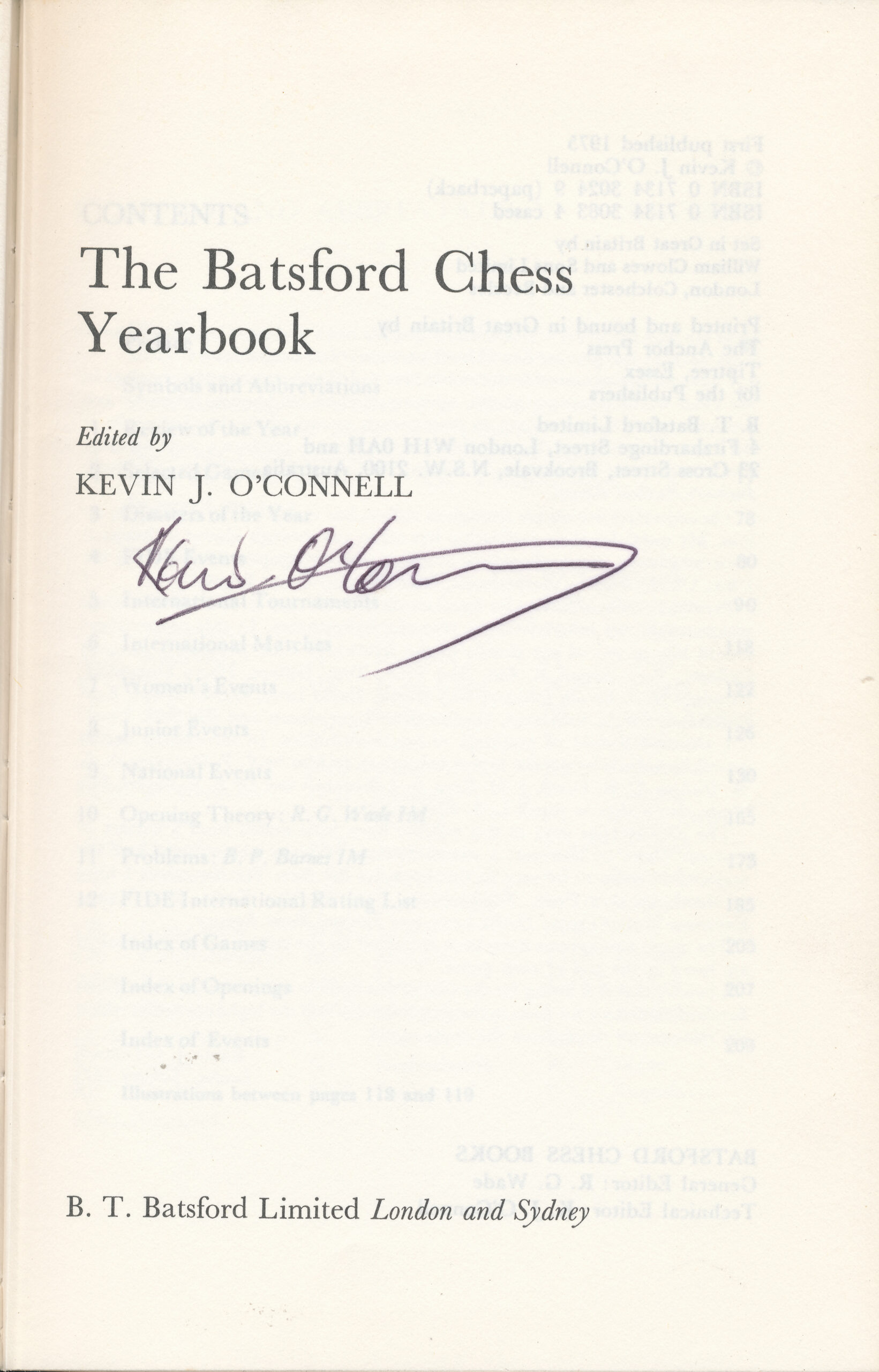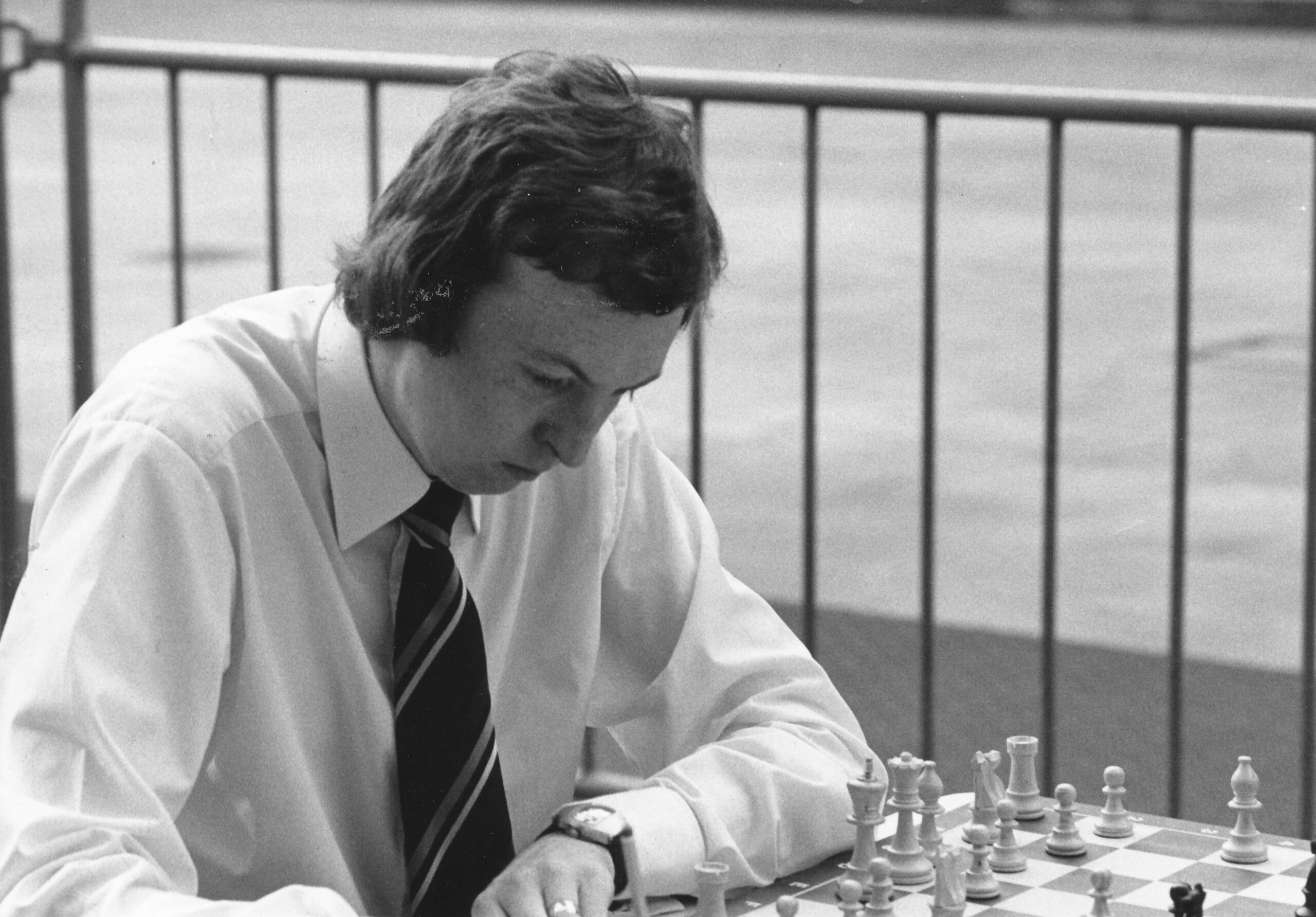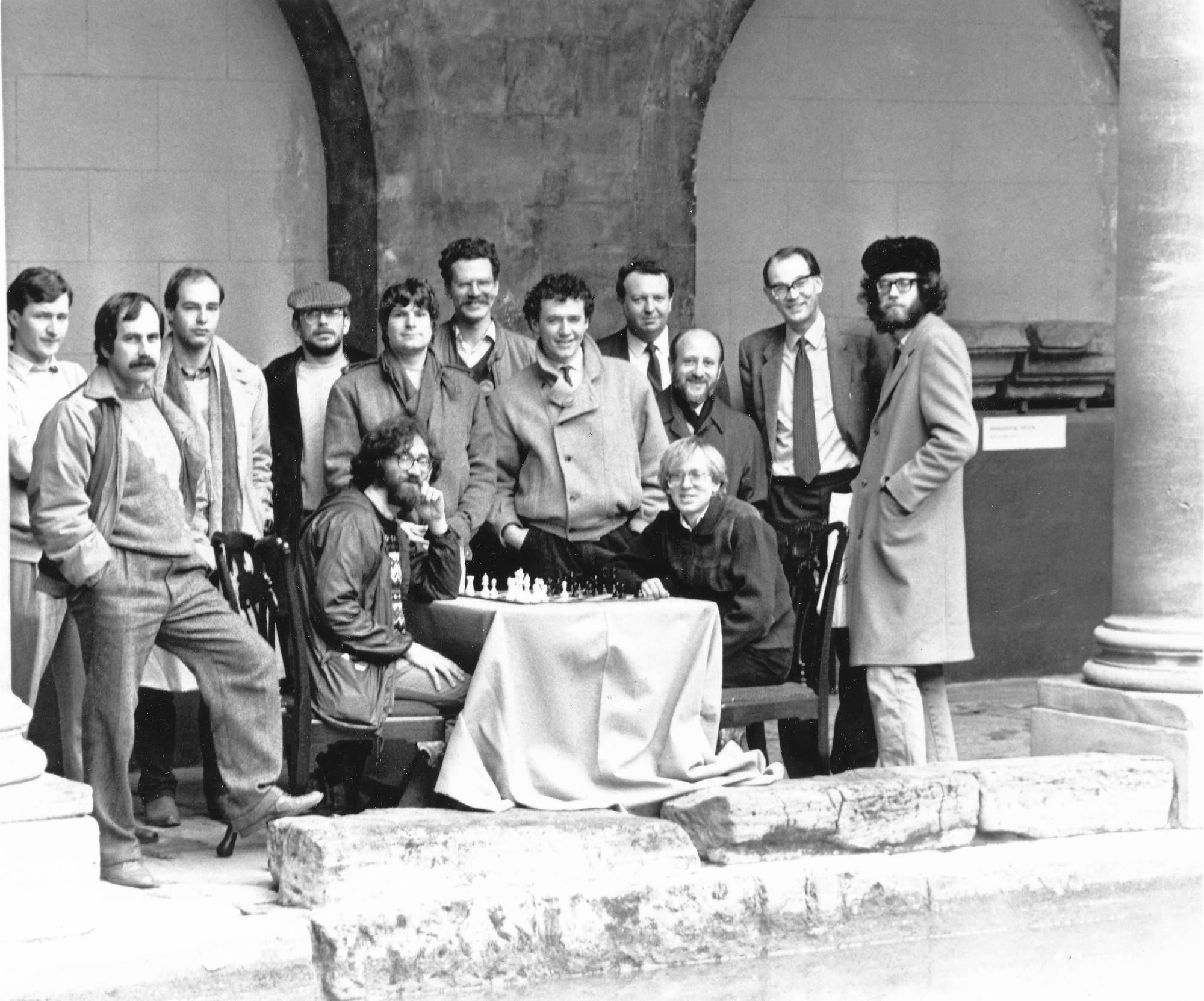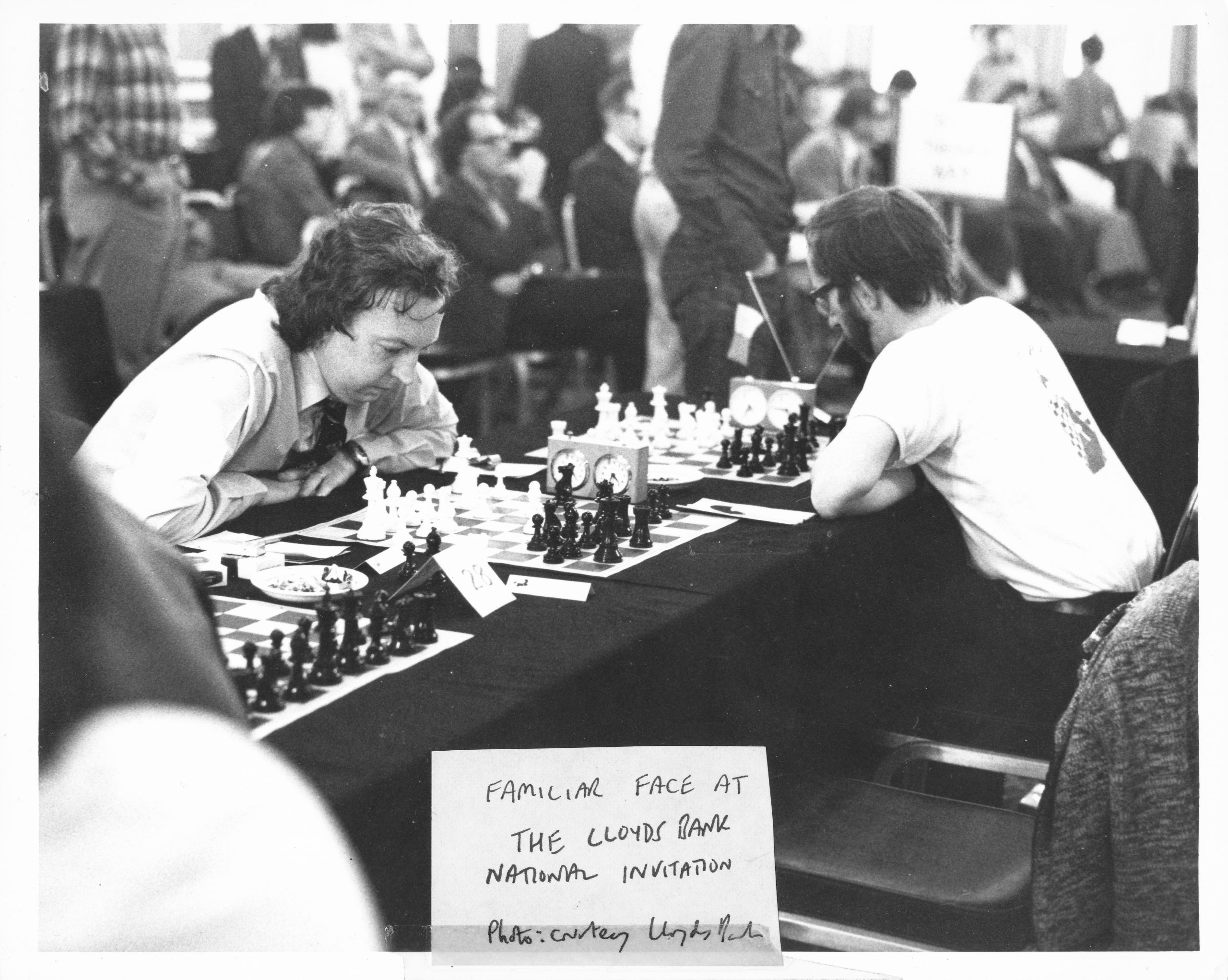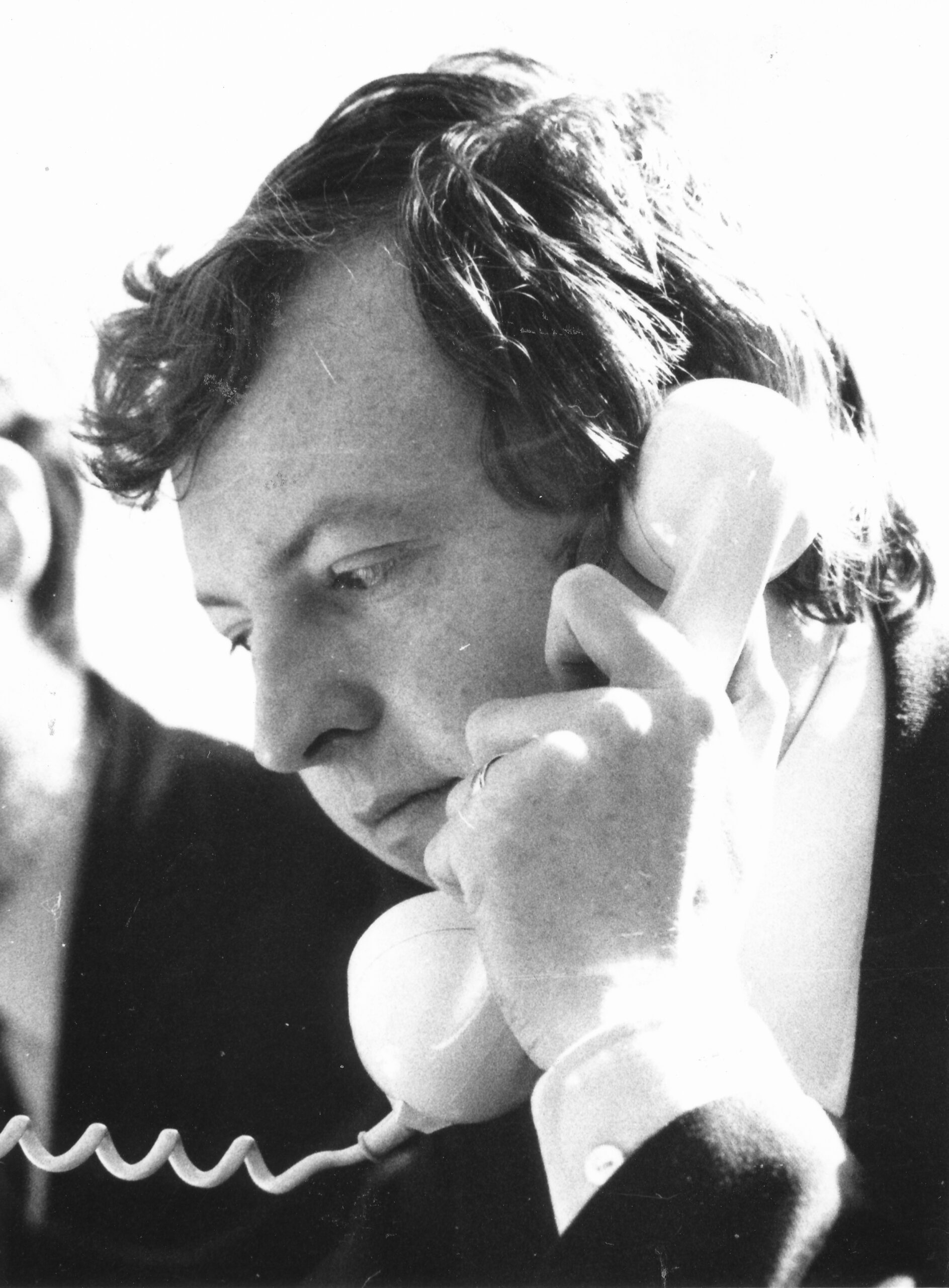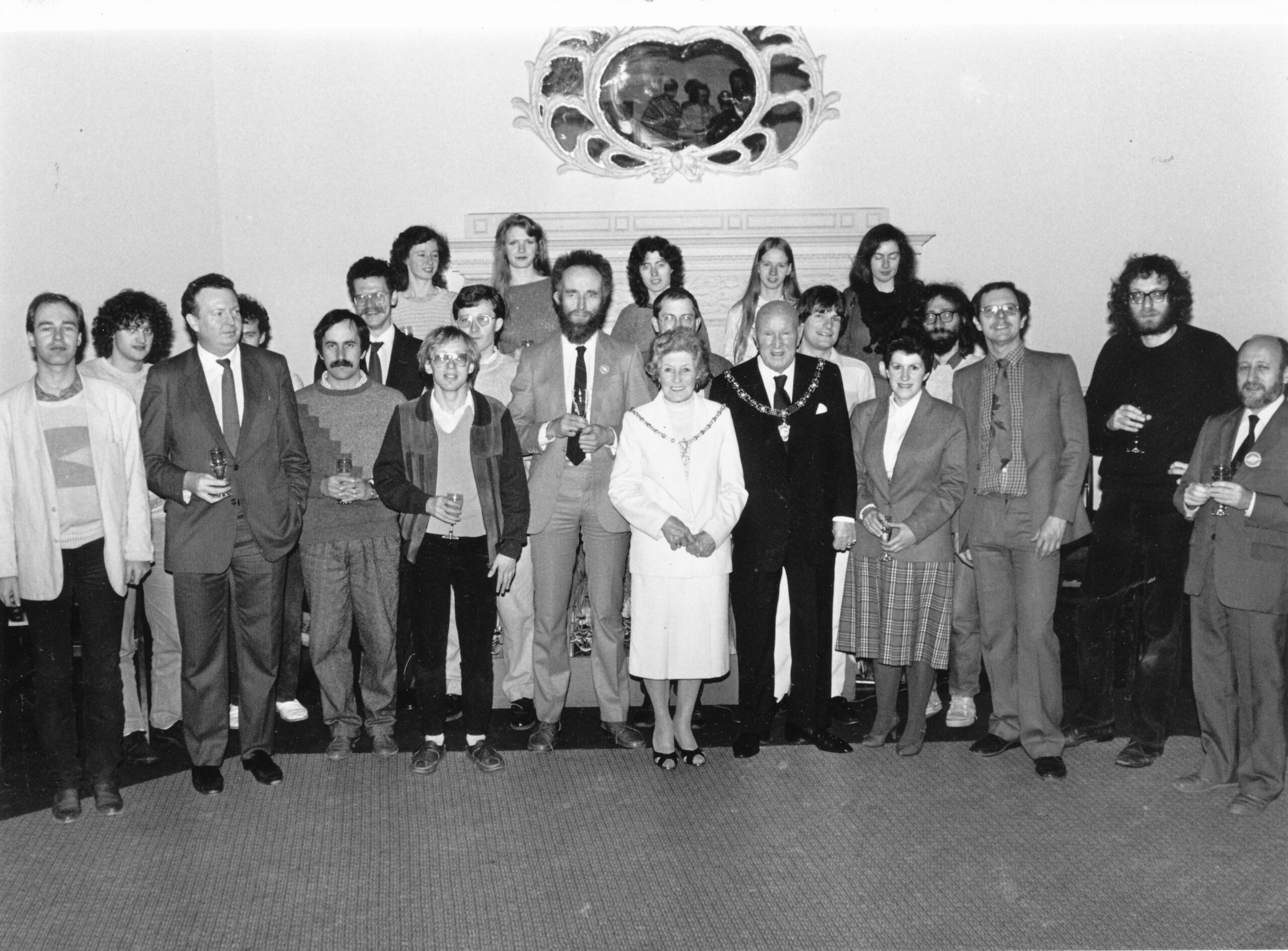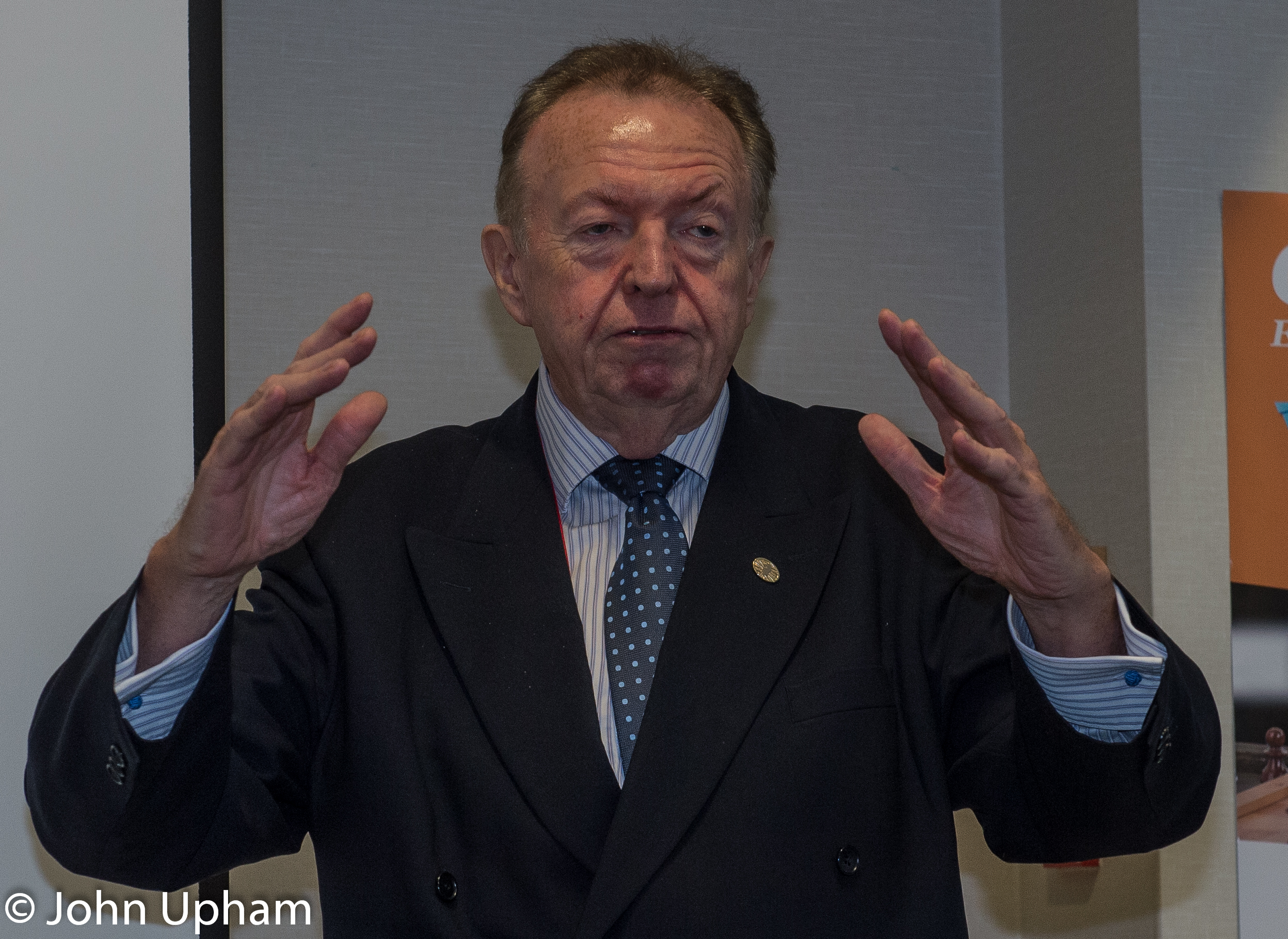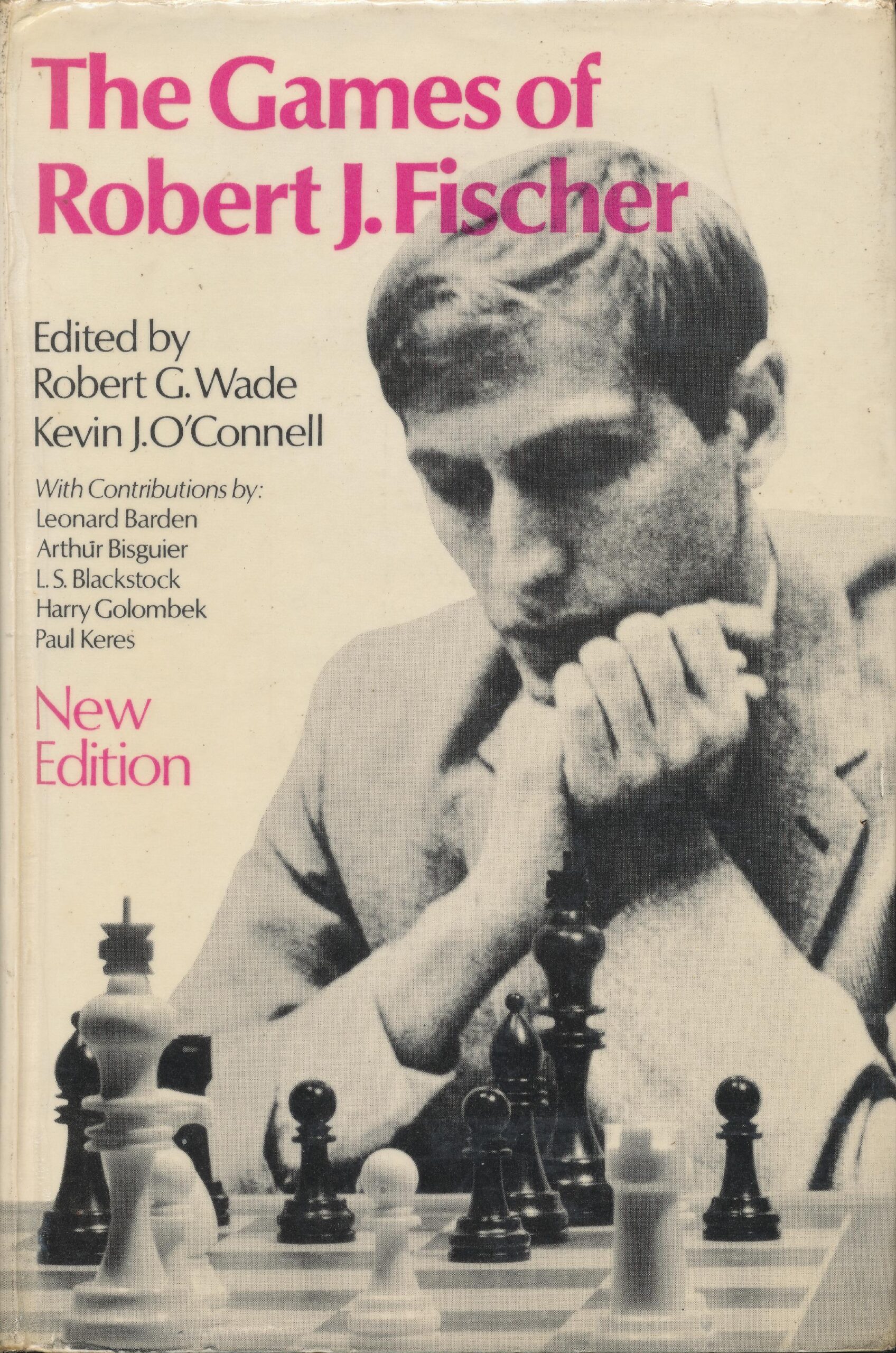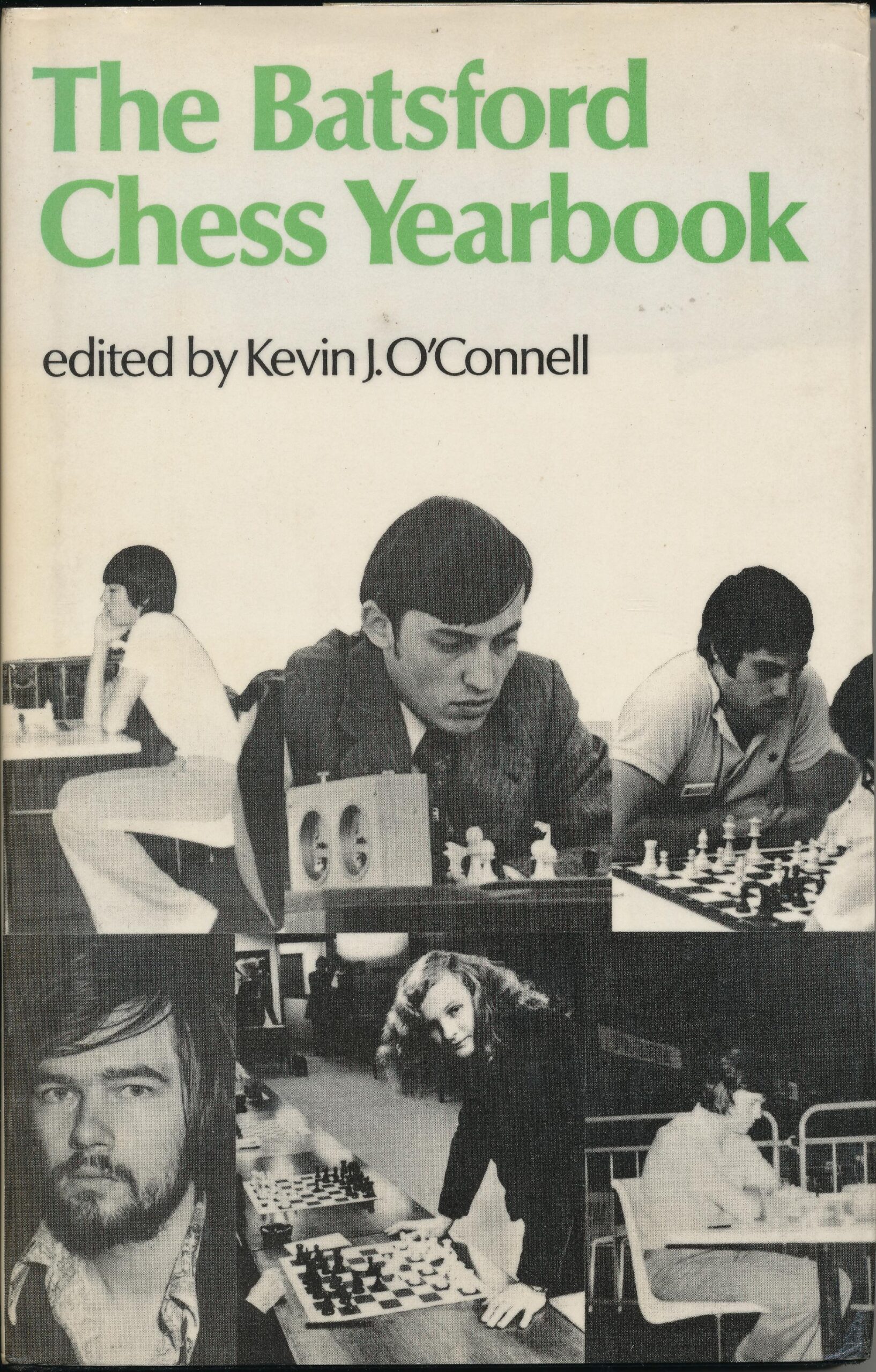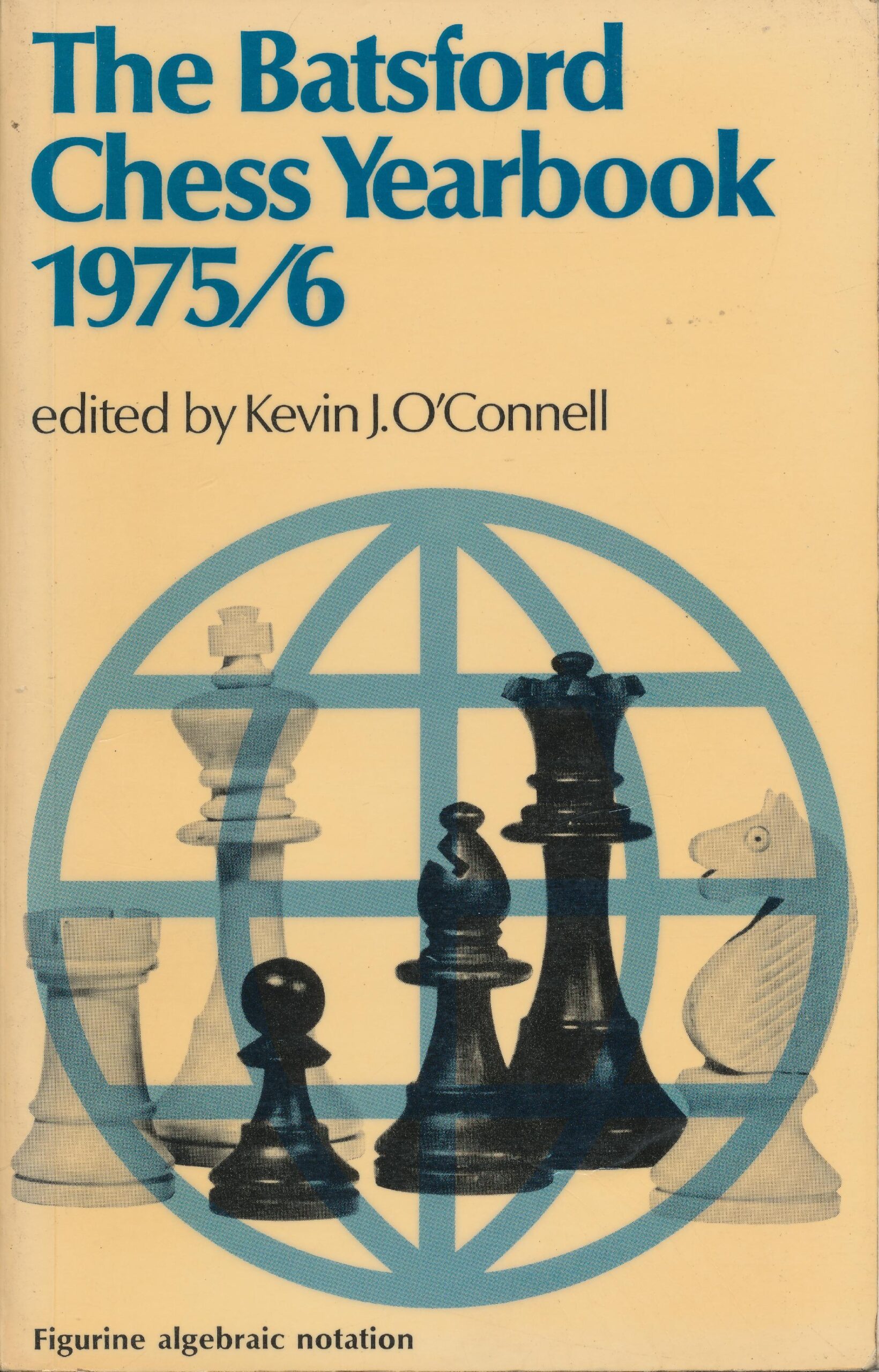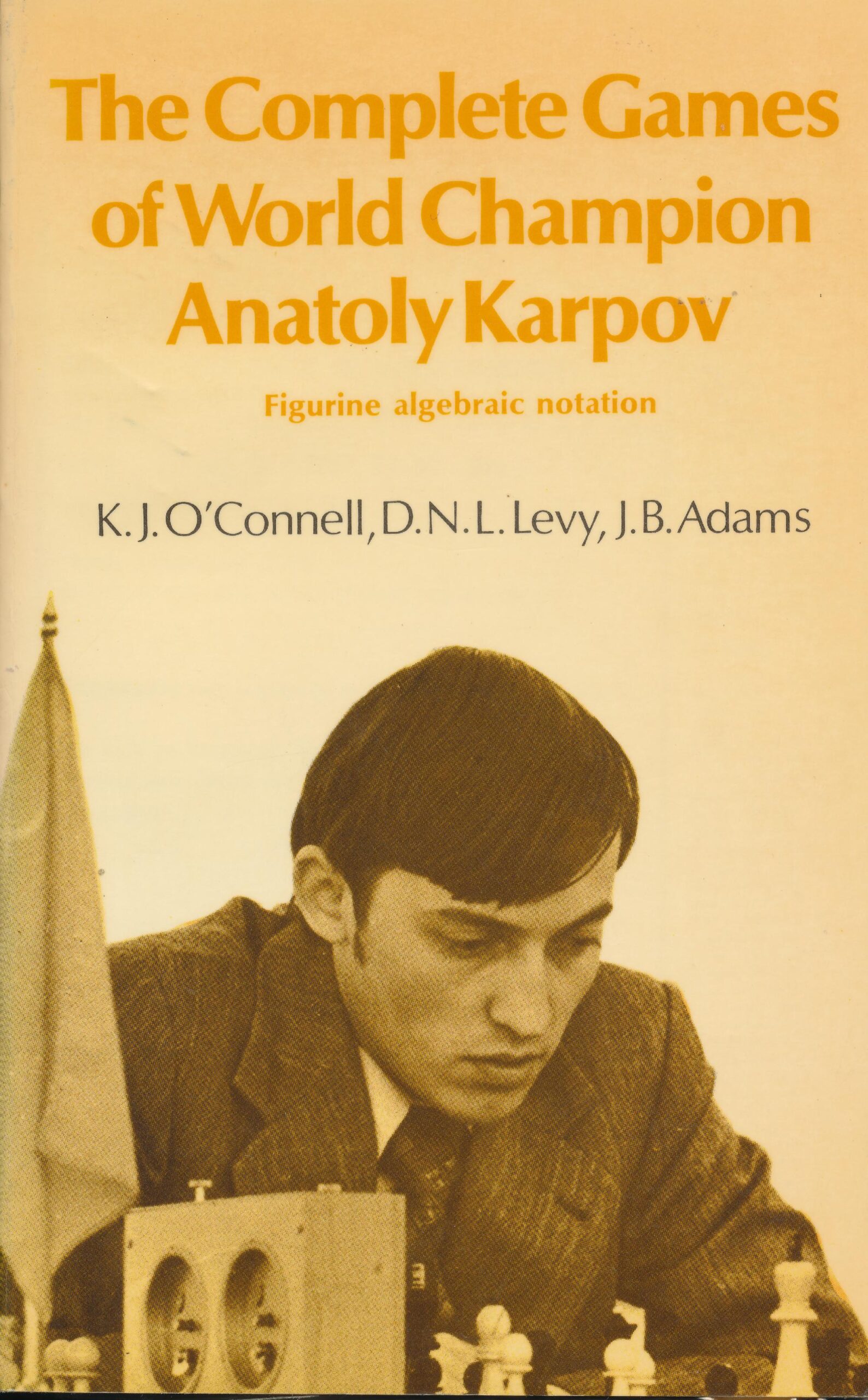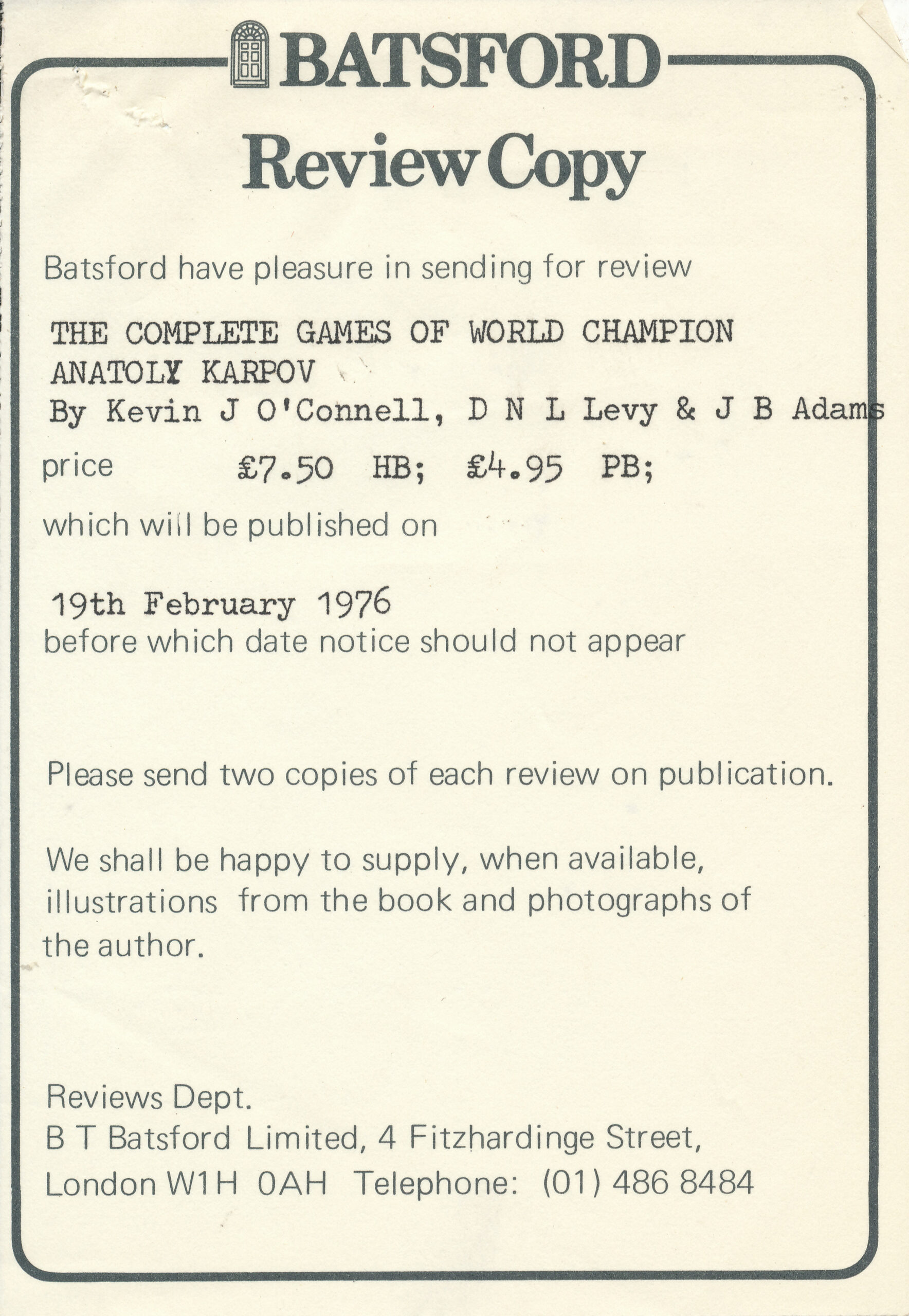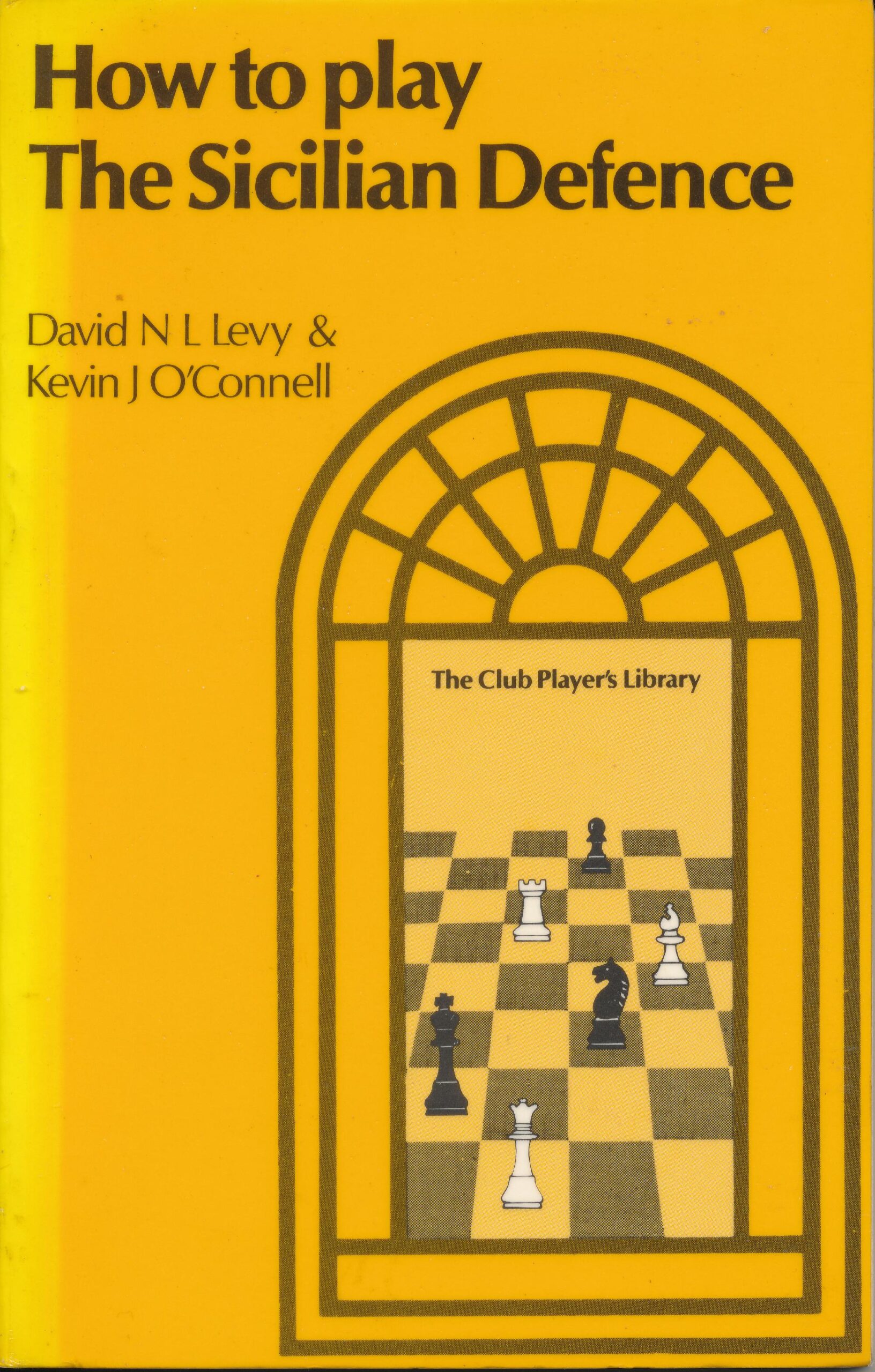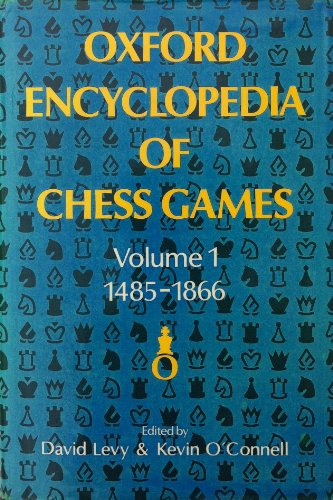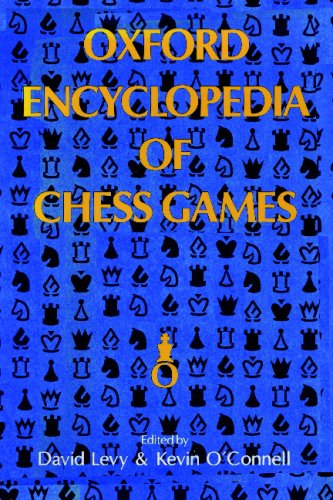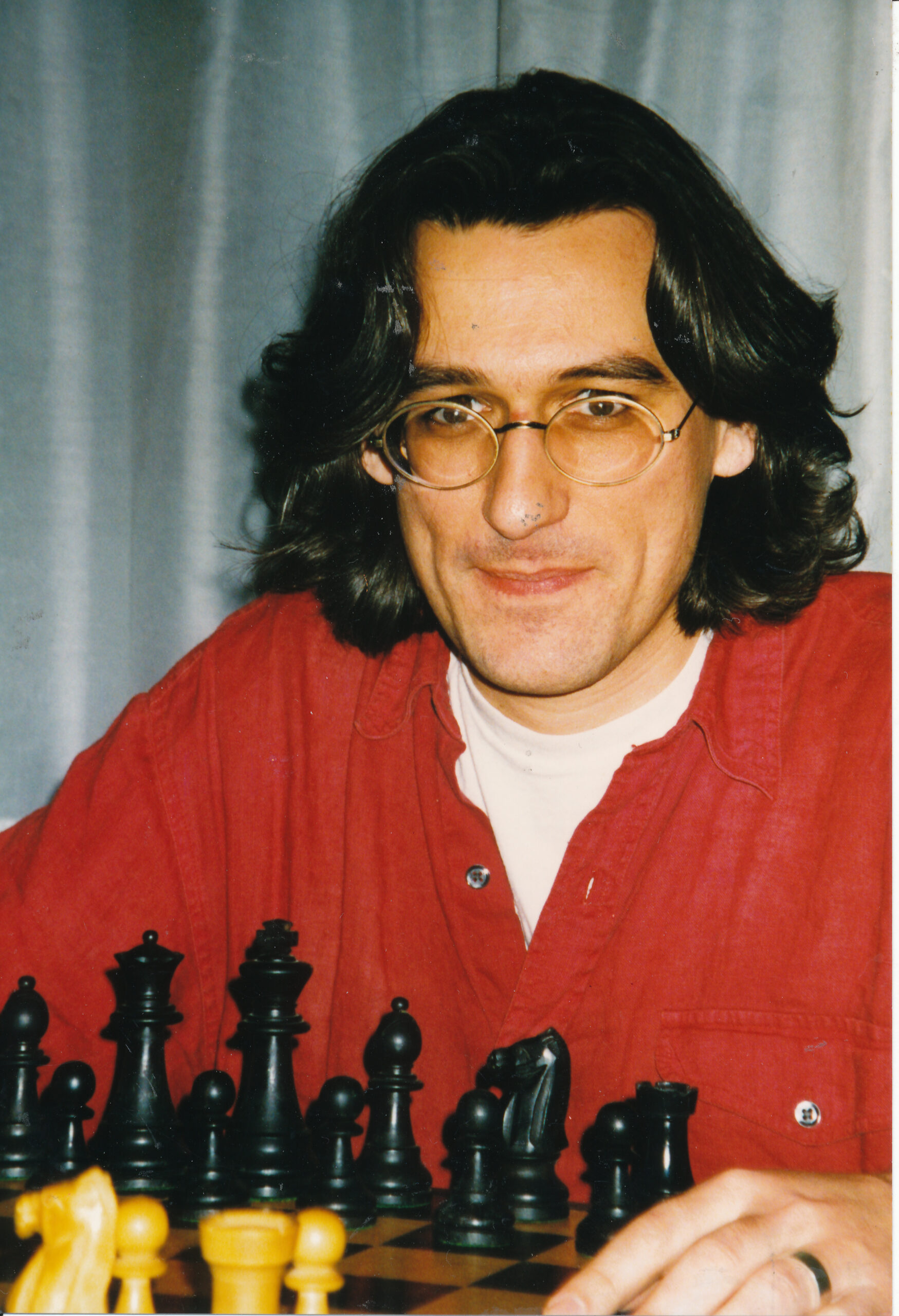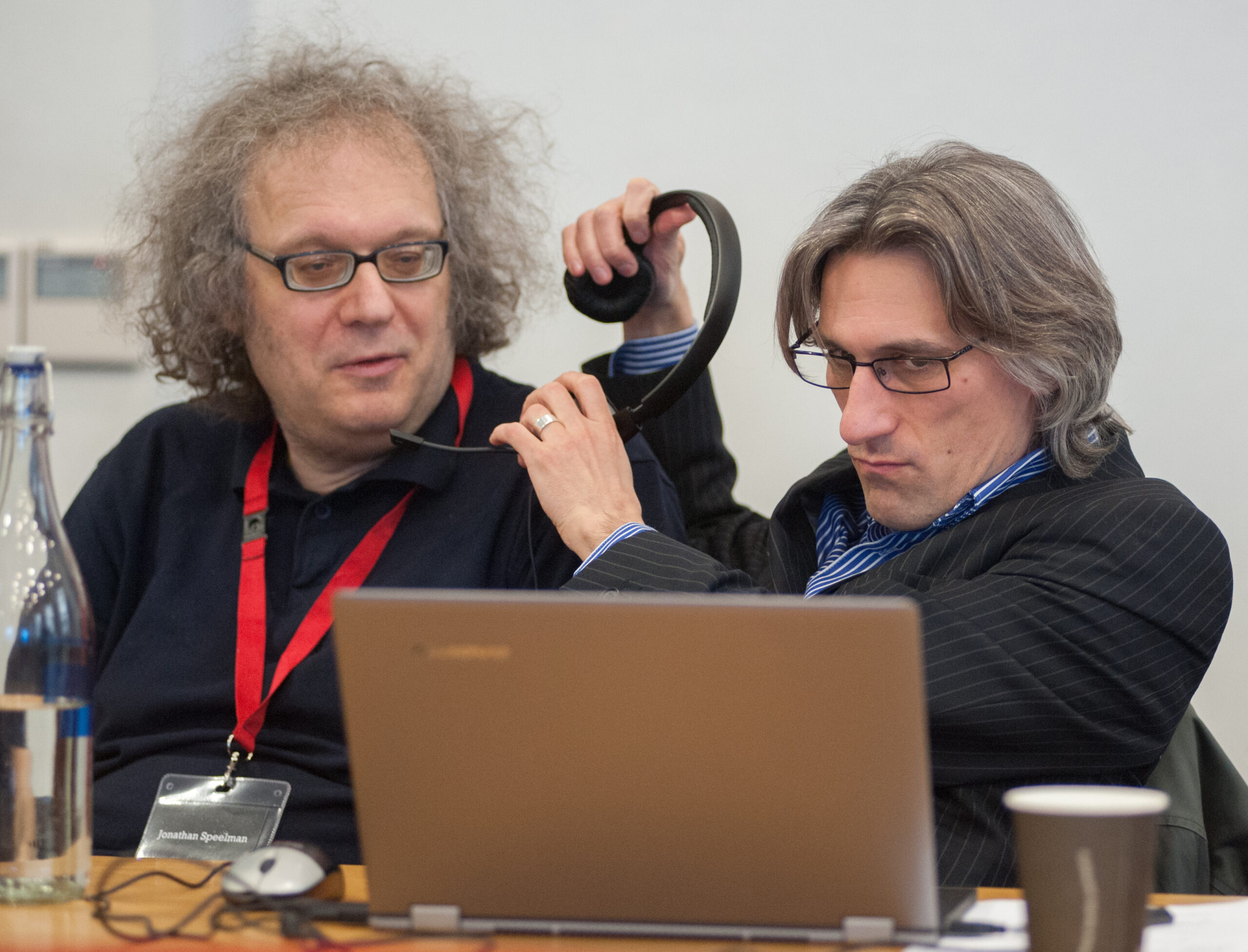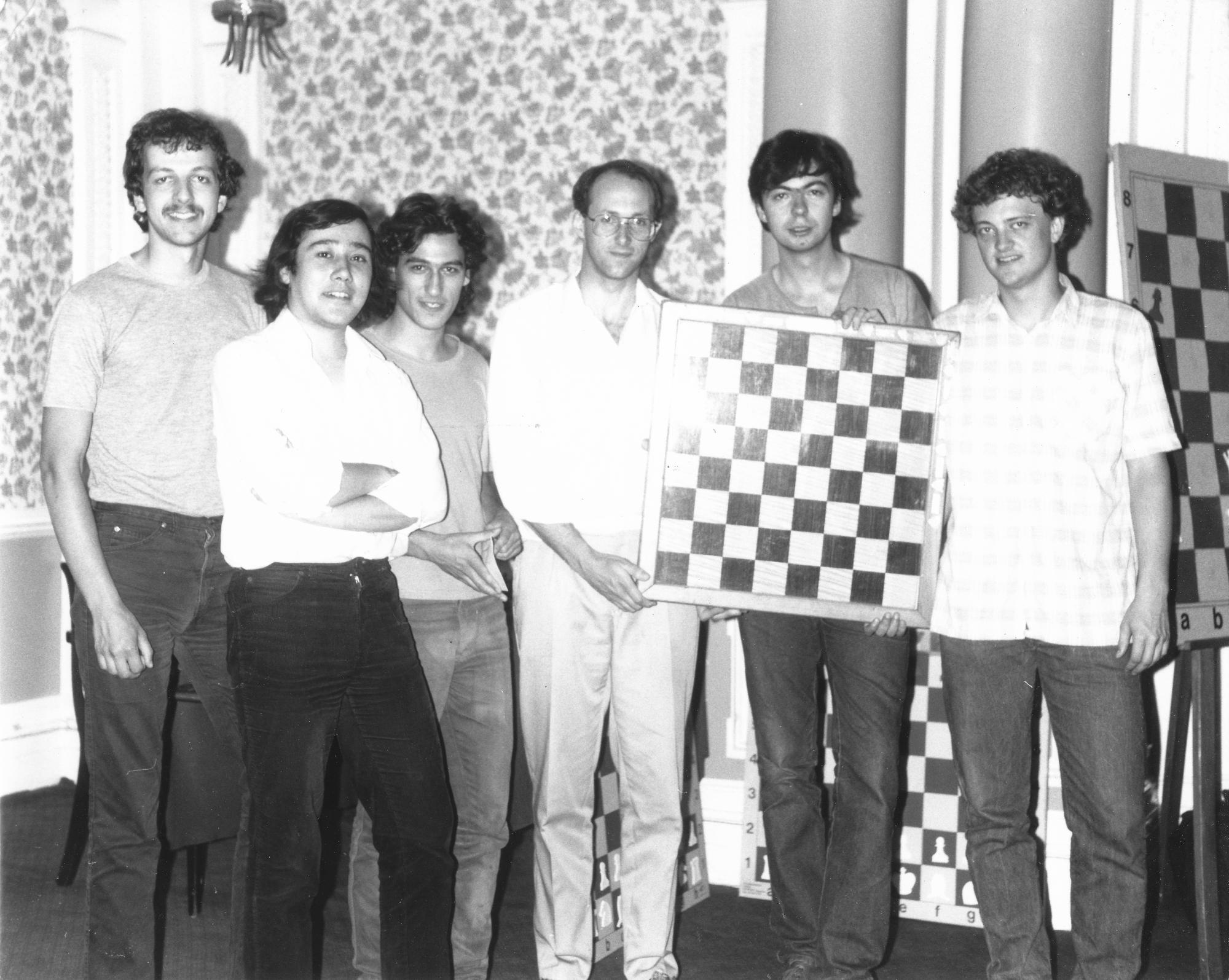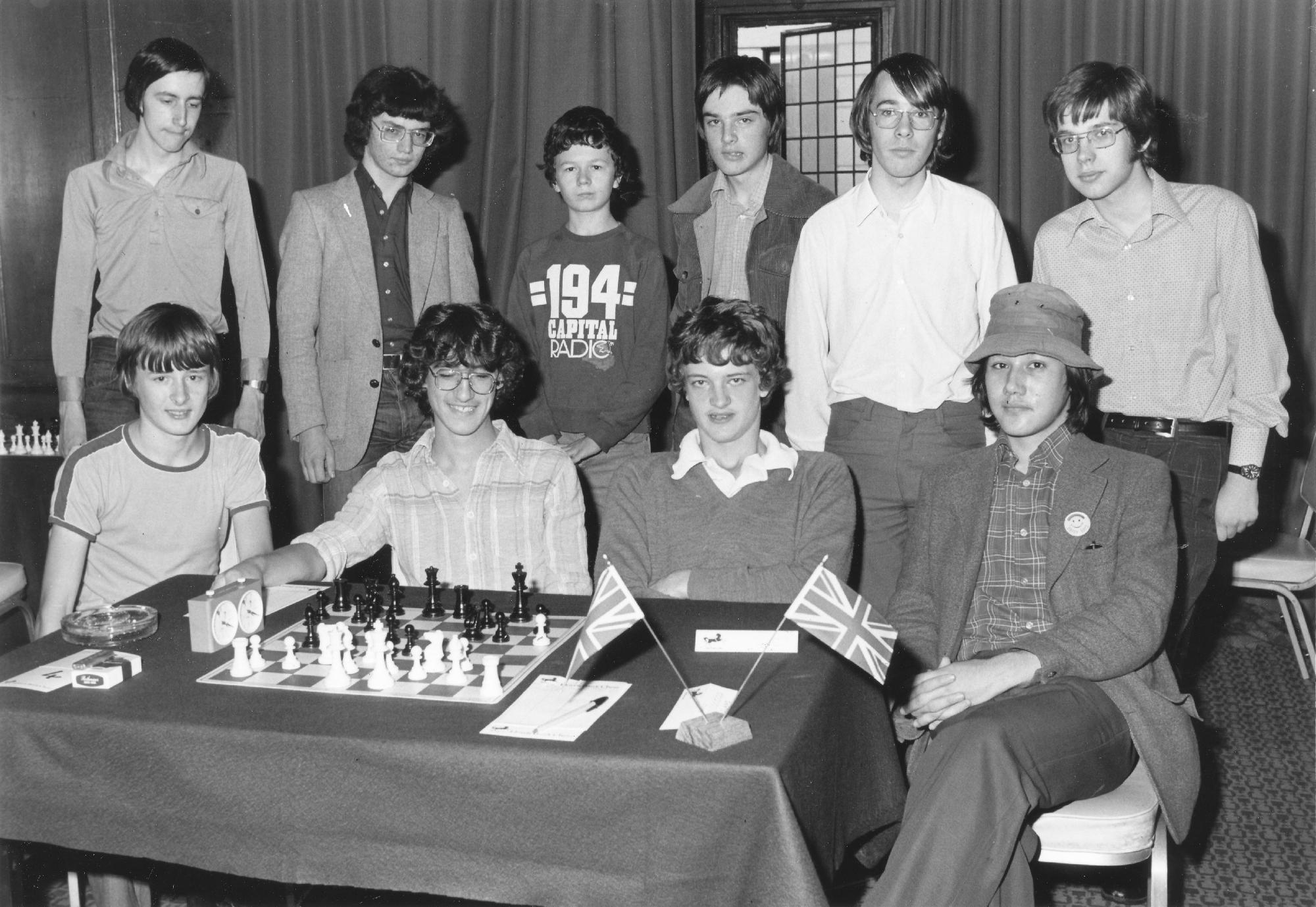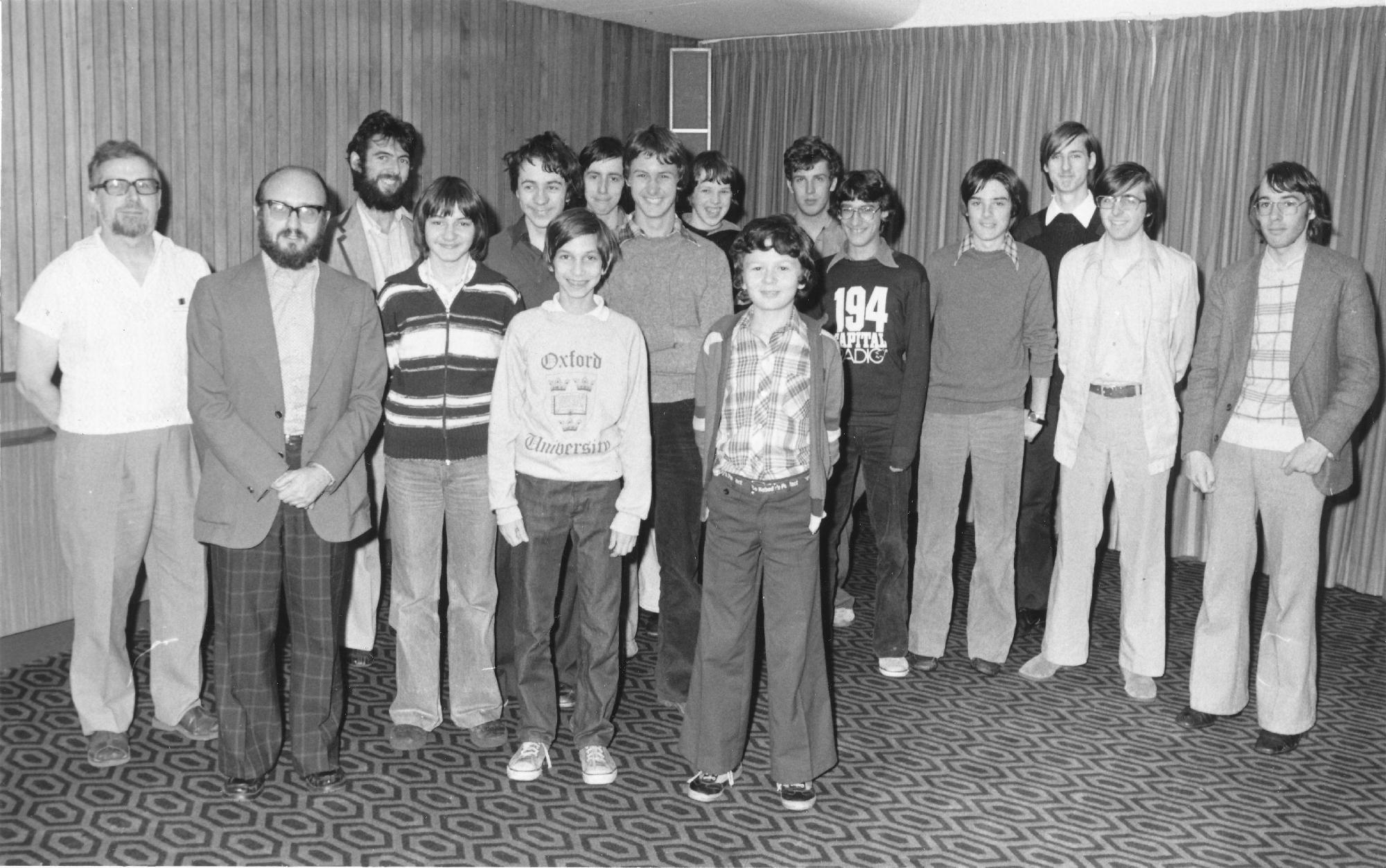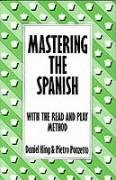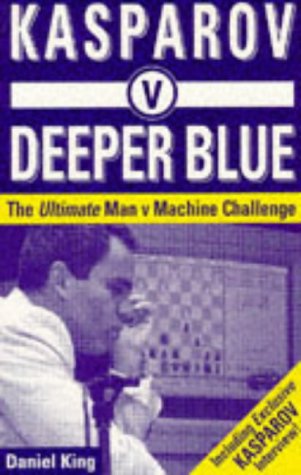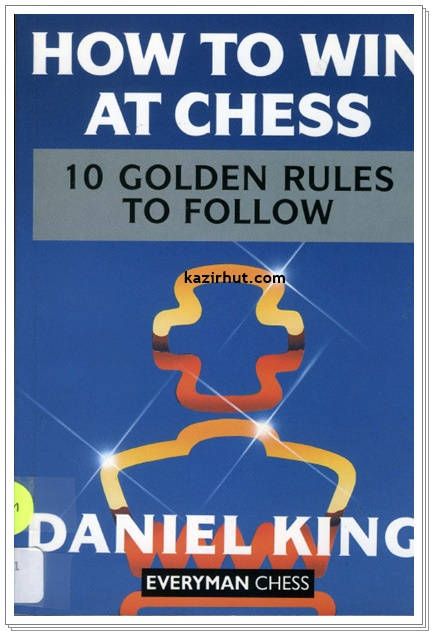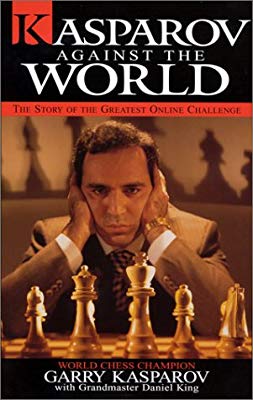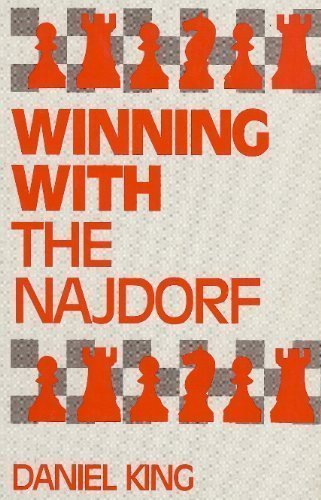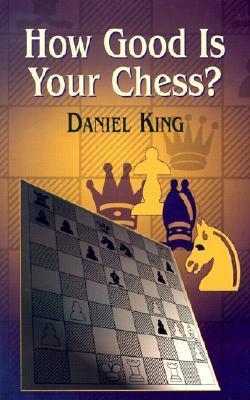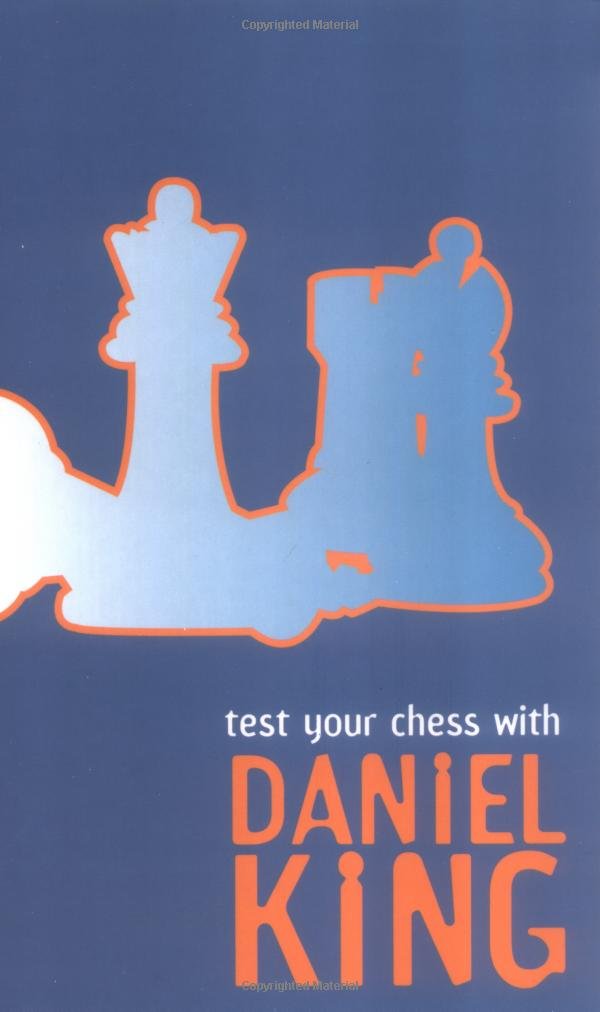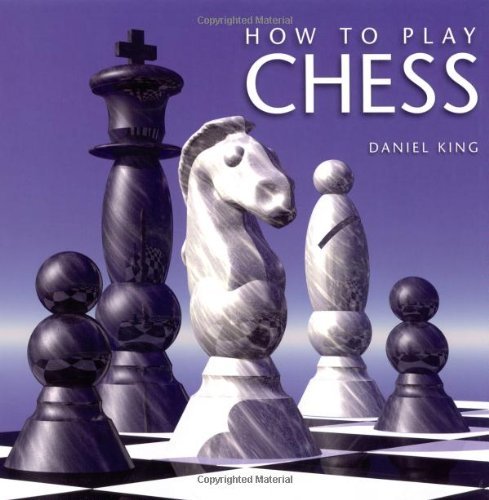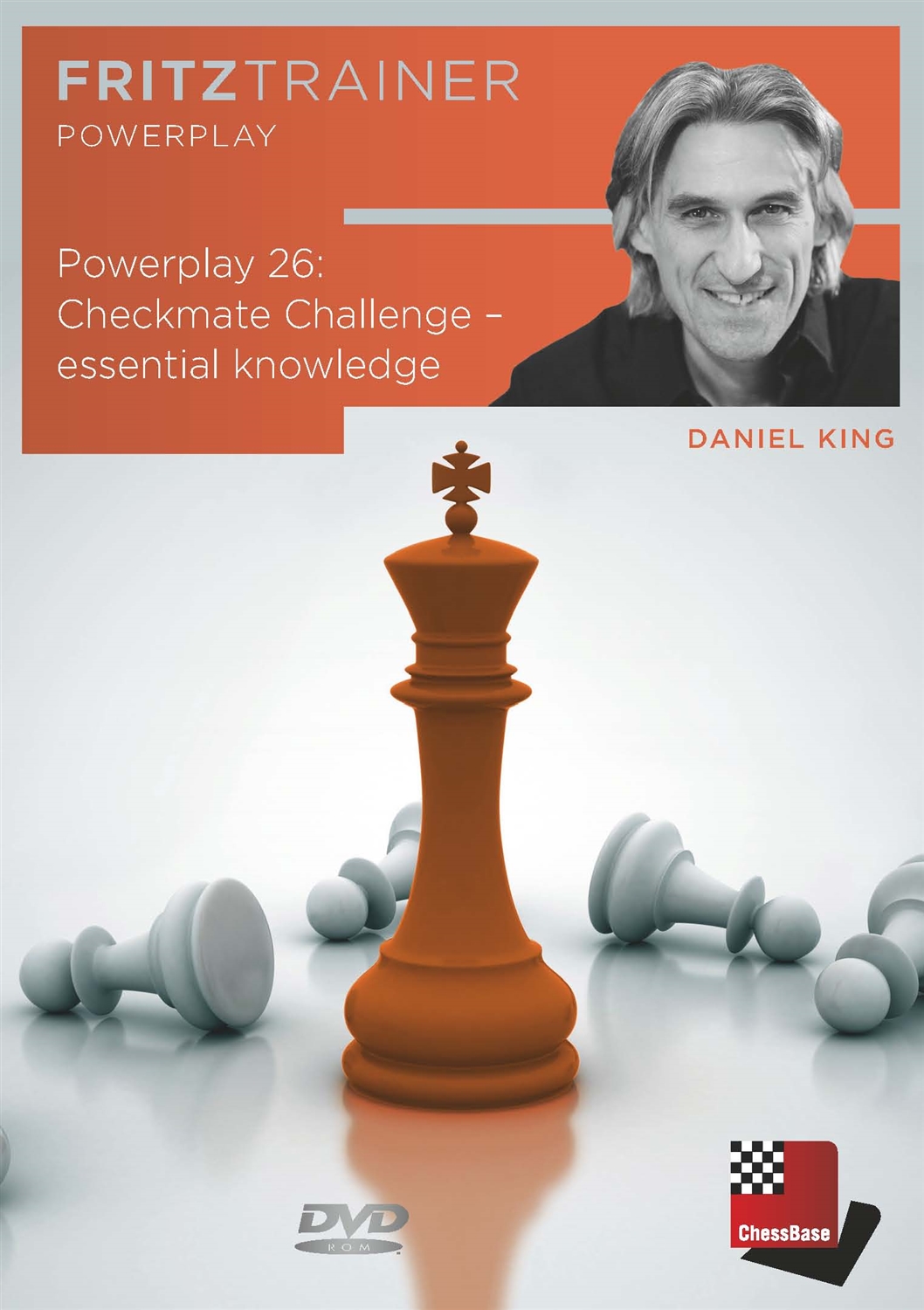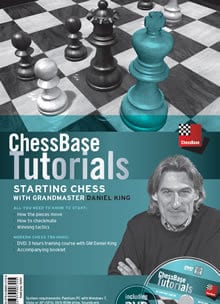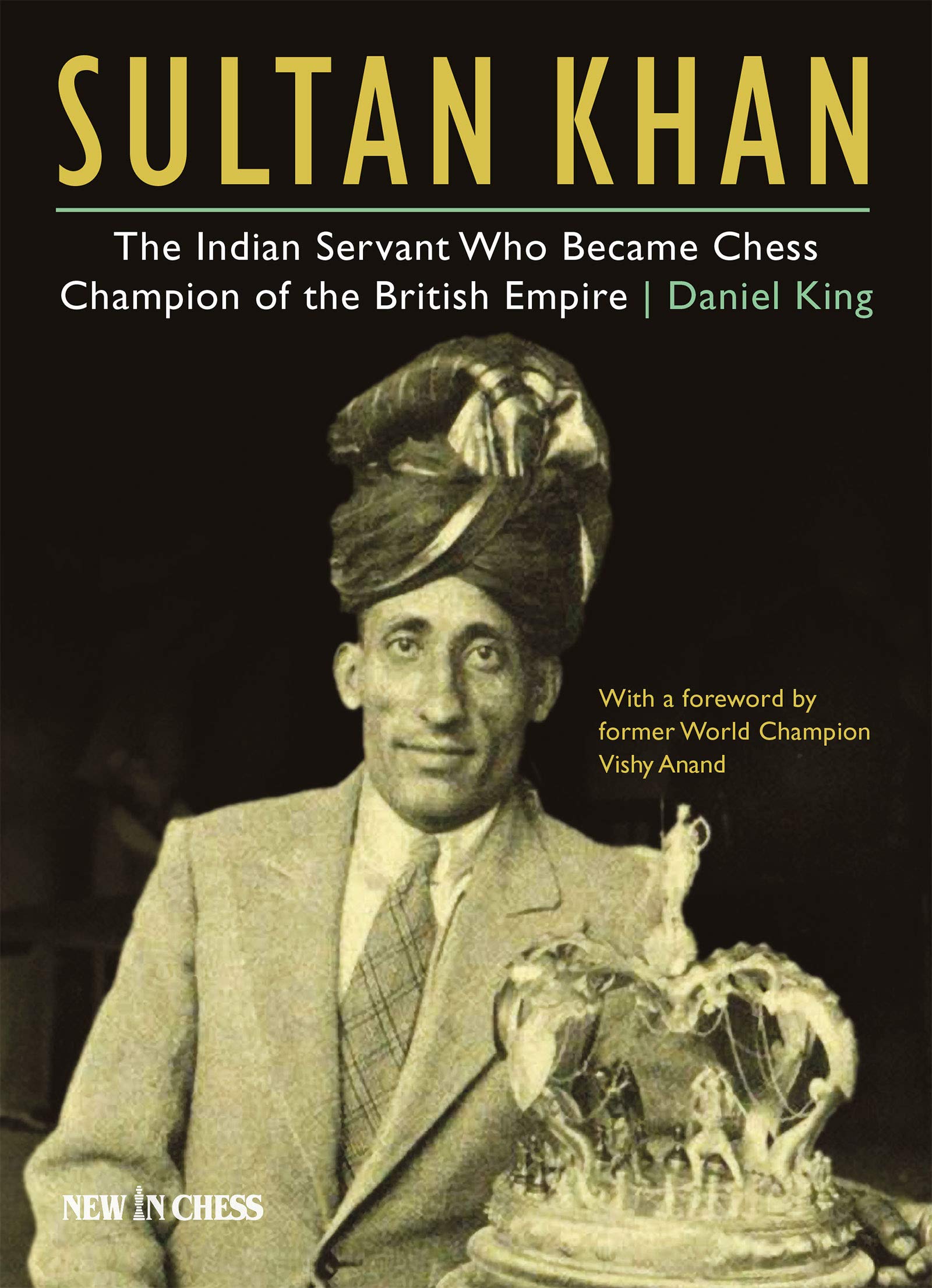We note today (September 8th) in 1854 marks the passing of Elijah Williams.
We are not aware of a verified image / likeness of Elijah Williams. Possibly the archives of Bristol based newspapers would help?
From The Complete Chess Addict (Faber & Faber, 1987, page 147-8) by Mike Fox and Richard James :
“The most boring games of all time? We turn to the London tournament of 1851, and the interminable encounters between Elijah (The Bristol Sloth) Williams and the deservedly unknown James Mucklow (‘a player from the country’ says the tournament book sniffily).
Elijah introduced the concept of Sitzkrieg into chess : he’d sit there, taking two and a half hours on a single move until his opponent dropped from boredom. The tournament book records games in excess of twenty hours (one was adjourned after a whole day, at the twenty-ninth move). Mucklow (a much worse player) was no swifter, and when they got together it must have been like watching an oil painting. (‘Both players nearly asleep,’ recorded a drowsy secretary midway through one mind-grinding marathon.)
Howard Staunton’s commentary says it all : ‘Each…exhibits the same want of depth and inventive powers in his combinations, and the same tiresome prolixity in manoeuvring his men. It need hardly be said that the games, from first to last, are remarkable only for their unvarying and unexampled dullness”
Here is an excellent article by Neil Blackburn (aka SimaginFan)
From The Oxford Companion to Chess (OUP, 1983) by Hooper and Whyld :
“English player. A native of Bristol, from where he edited one of the earliest newspaper columns (Bath and Cheltenham Gazette, 1840-6), Williams gave up his job as an apothecary in 1844, moved to London, and attempted to earn a living at chess. In the London international tournament of 1851, a knock-out event, Williams defeated Lowenthal in the first round (4-2—1) but lost to Wyvill in the third and penultimate round (+3-4), He was awarded third prize after defeating Staunton (+4=1 — 3), He admired Staunton’s play and like several of his contemporaries adopted the positional style of the English school; but after this match the master never forgave his pupil, Williams played matches against Lowenthal in 1851 (+5 = 4-7), Horwitz in 1852 ( + 5 = 9—3), and Harrwitz in 1852 ( = 3—7),
and he again lost to Harrwitz in 1853.
In 1851 Williams won a handicap match against Staunton, who conceded a three-game start; of the games actually played Williams won four, drew three, and
lost six. When cholera broke out in London he posted a notice on his door offering preventive medication free. Supplies had run out when, feeling unwell, he left home for the last time; seized with violent pain when in the Strand he entered Charing Cross Hospital where he died of the disease two days later, leaving his wife and children destitute.
He wrote two books, Souvenir of the Bristol Chess Club (1846) and Horae Divanianae (1852). He also edited a chess column in The Field from Jan. 1853, when the magazine was founded, until his death.”
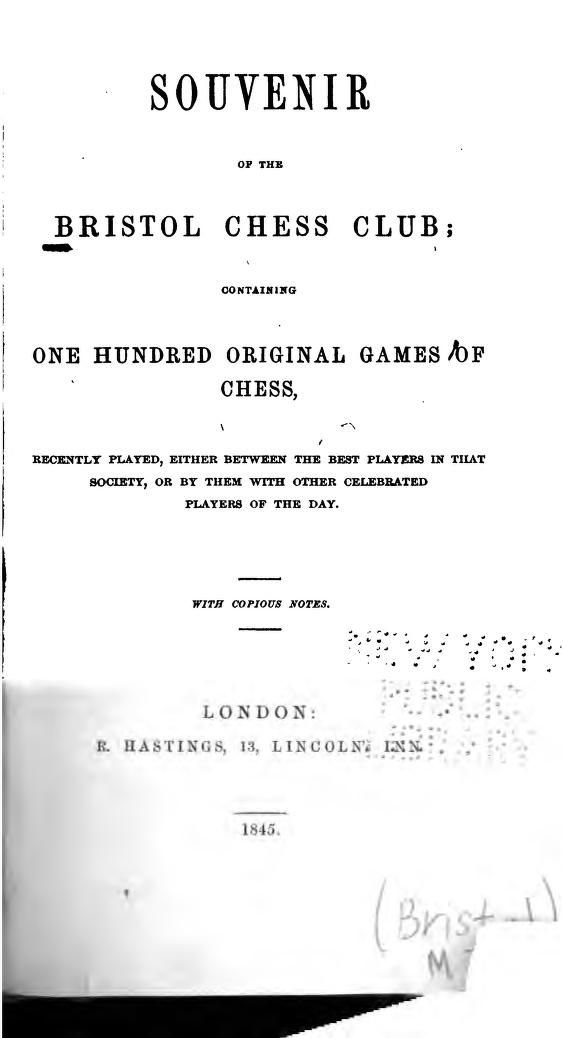
From The Encyclopedia of Chess (Batsford, 1977) by Harry Golombek:
“A prominent British master of the mid-nineteenth century who was famed for the slowness of his play at a period when chess clocks for important competitions had not yet come into fashion. Williams was born in Bristol where he practised as an apothecary but soon became so attached to chess (he was president of the Bristol Chess Club and also conducted a chess-column in the Bath and Cheltenham Gazette (from 8 September 1840 to 21 October 1946) that he made the game his profession.
Abandoning Bristol for London where the life of a chess professional was considerably more profitable than in the provinces, he contested a number of matches with varying success; e.g. 1846 v. Kennedy (+4-2=0) and 1852 v. Horwitz (+5-3=9). In three matches v. Harrwitz he met with decisive reverses (a total of +2-17=8) but gained a curious triumph over Staunton in 1851. Although losing on games played by +4-6=3 Williams emerged a technical victor as the result of Staunton’s rash decision to offer starting odds of three games ! This match, however, produced much fine chess.
Williams also participated in the first international tournament at London 1851 where he took third prize behind Anderssen and Wyvill. An analysis of his games from the important events of 1851 reveals that Williams had developed a most sophisticated playing style, employing positional devices which were not to
become current for a further sixty years. While in London in 1852, Williams published a collection of games under the title of Horae Divanianae being a selection of 150 games by leading masters, most of which had been played at Simpson’s Divan. He wrote the chess-column for The Field, from 1853 to 1857.
He died in London at Charing cross Hospital of cholera on 8 September 1854. we emphasize this date since the usual date given is that of I September 1854. But we are indebted to Mr. Kenneth Whyld for the information about the correct date on the death certificate which also states he was forty-four when he died.
Up to now his date of birth was not known and was assumed to have been considerably earlier. (R.D.K.)”
Sunnucks is silent on EW for an unknown reason.
From Wikipedia:
“Elijah Williams (7 October 1809 – 8 September 1854) was an eminent British chess player of the mid-19th century. He was the first president of the Clifton Chess Club, and publisher of a book of games from the Divan Club. His most notable result was at the 1851 London tournament, in which he defeated the celebrated British player Howard Staunton in the play-off for third place.
He was accused by Staunton of taking an average of 2½ hours per move during some matches, a strategy thought to cause opponents to lose their focus on the match. According to Staunton, following a particularly dilatory performance by Williams in the London 1851 tournament, a 20-minute per turn time limit was adopted for standard play the next year. However other sources contradict this viewpoint and indeed it was not uncommon for Staunton to attribute his losses to the intolerable dilatory play of his opponents. Staunton is quoted as remarking while playing against Williams, ‘… Elijah, you’re not just supposed to sit there – you’re supposed to sit there and think!'”
Williams died in London, a victim of the 1854 Broad Street cholera outbreak.”

